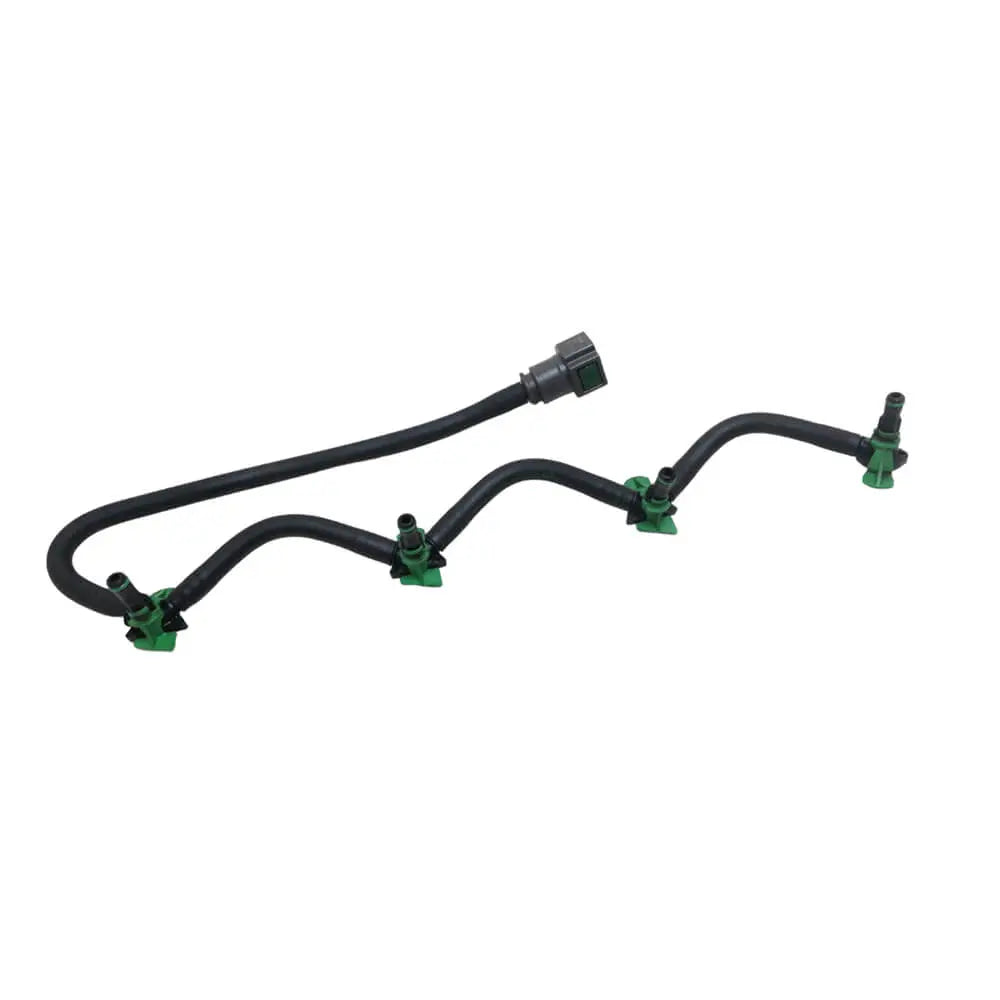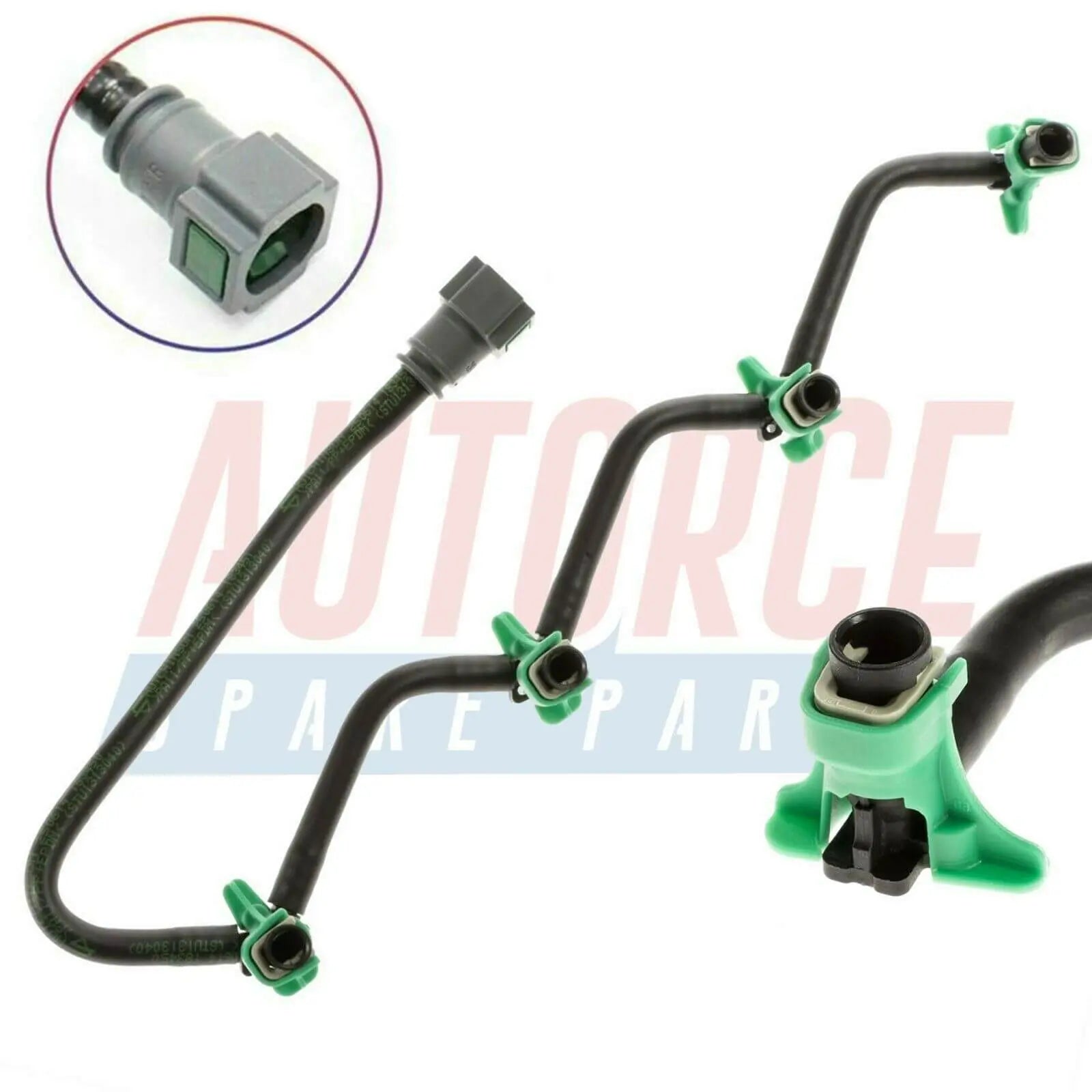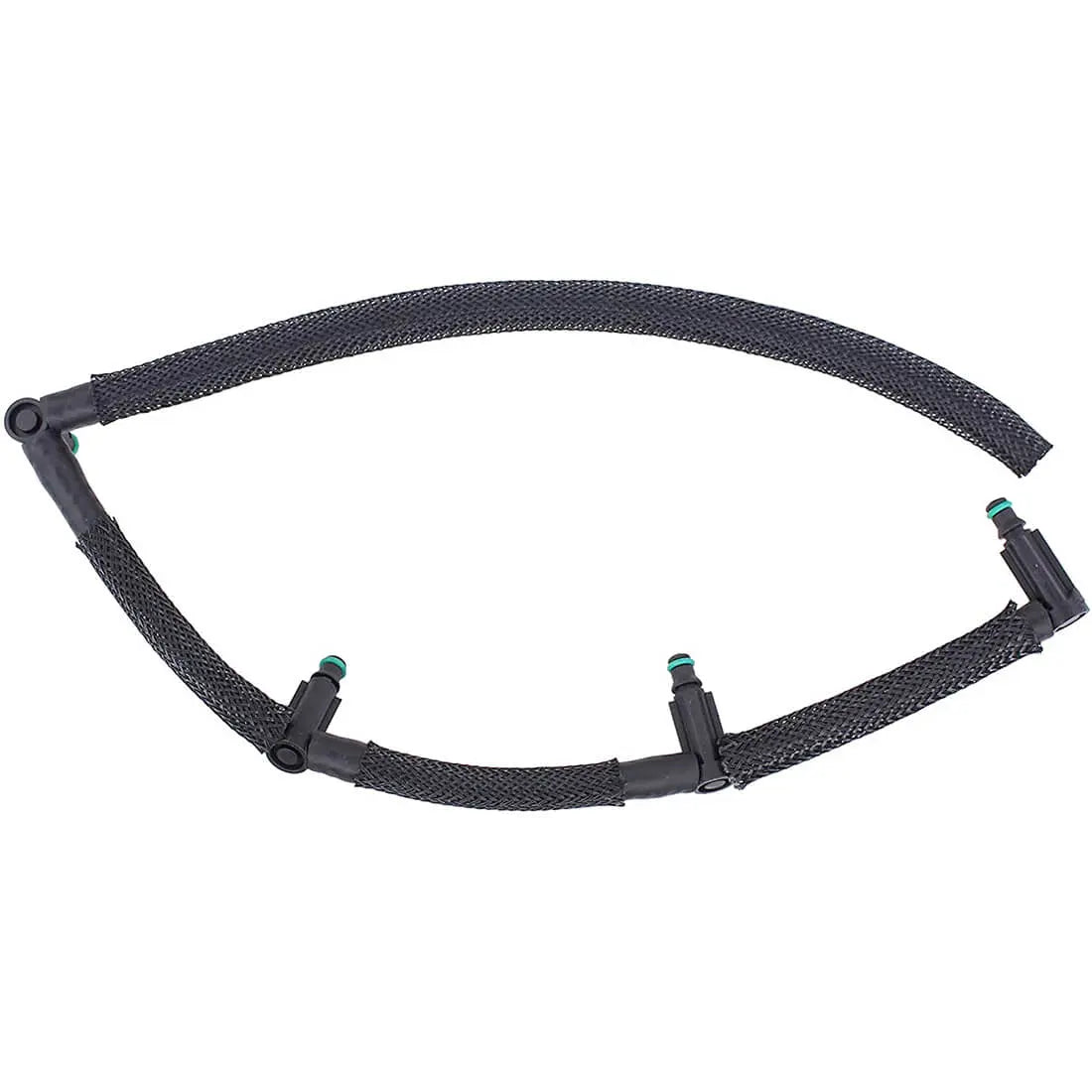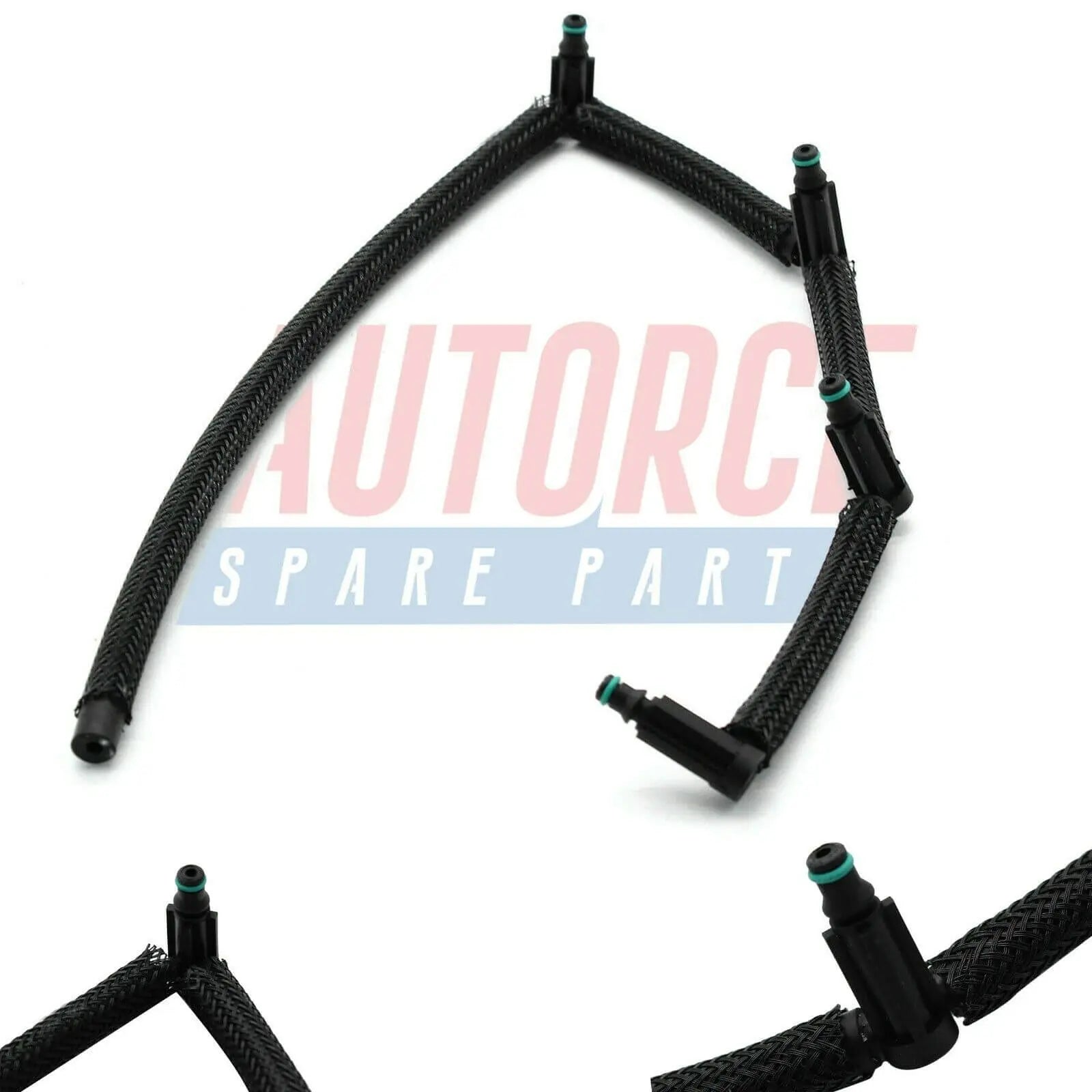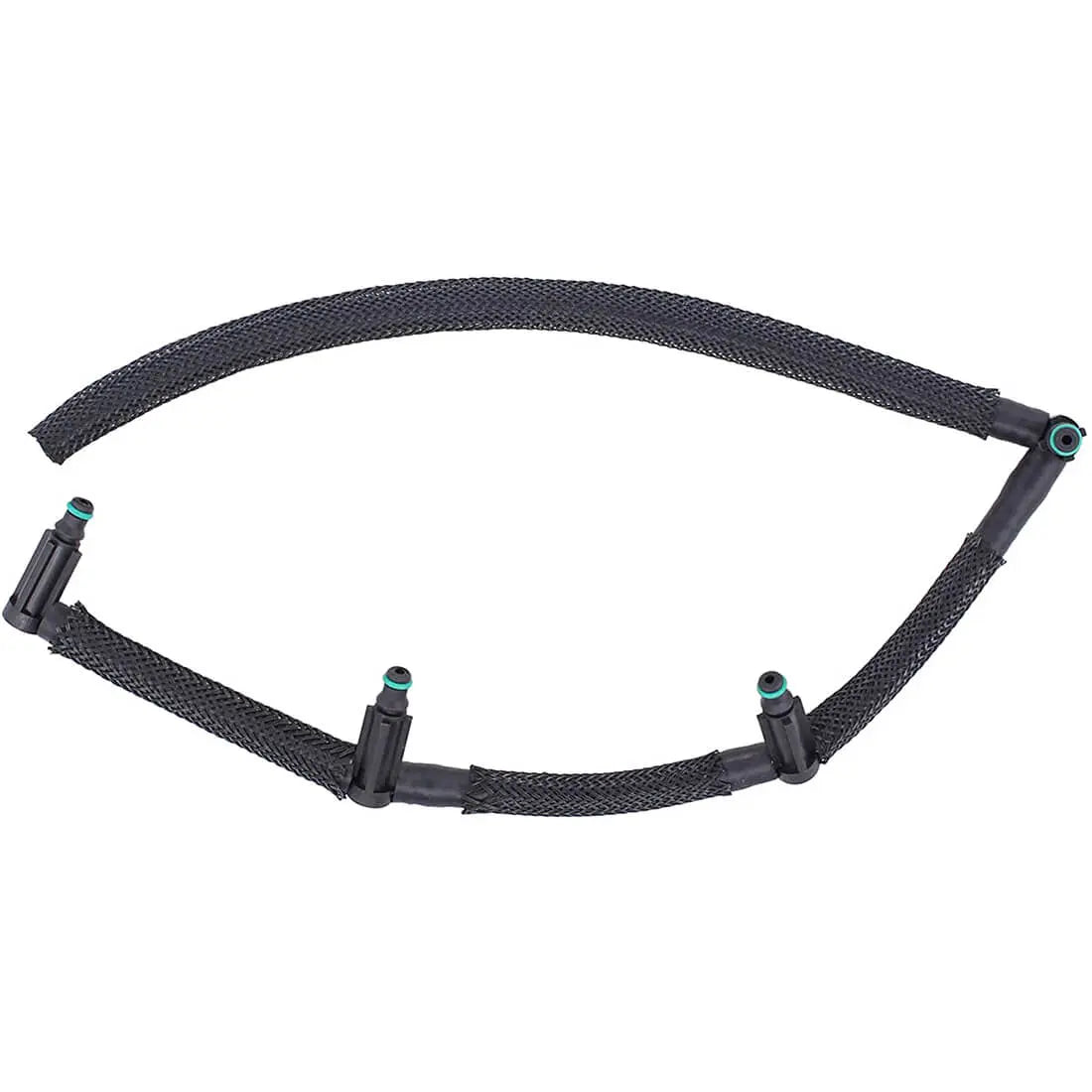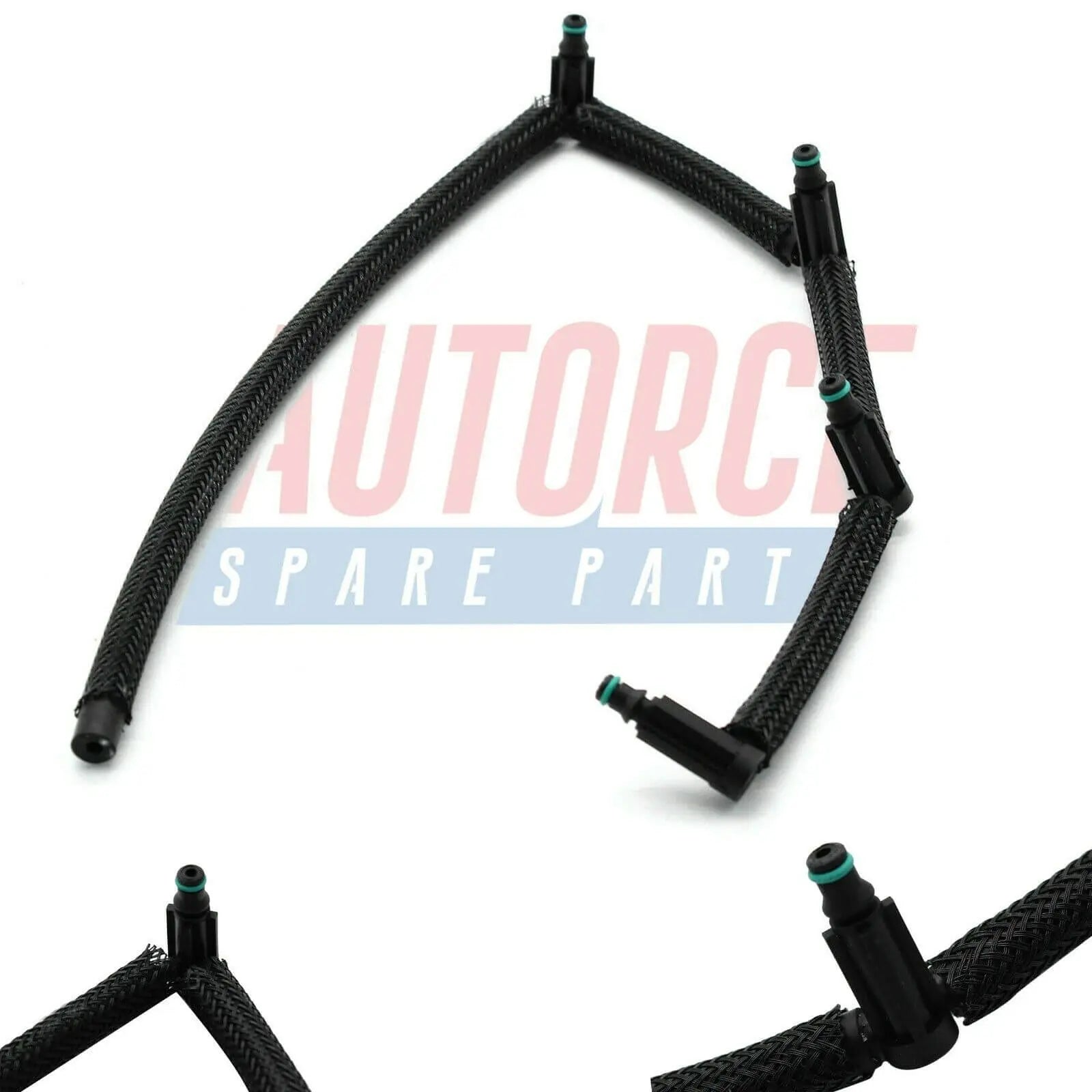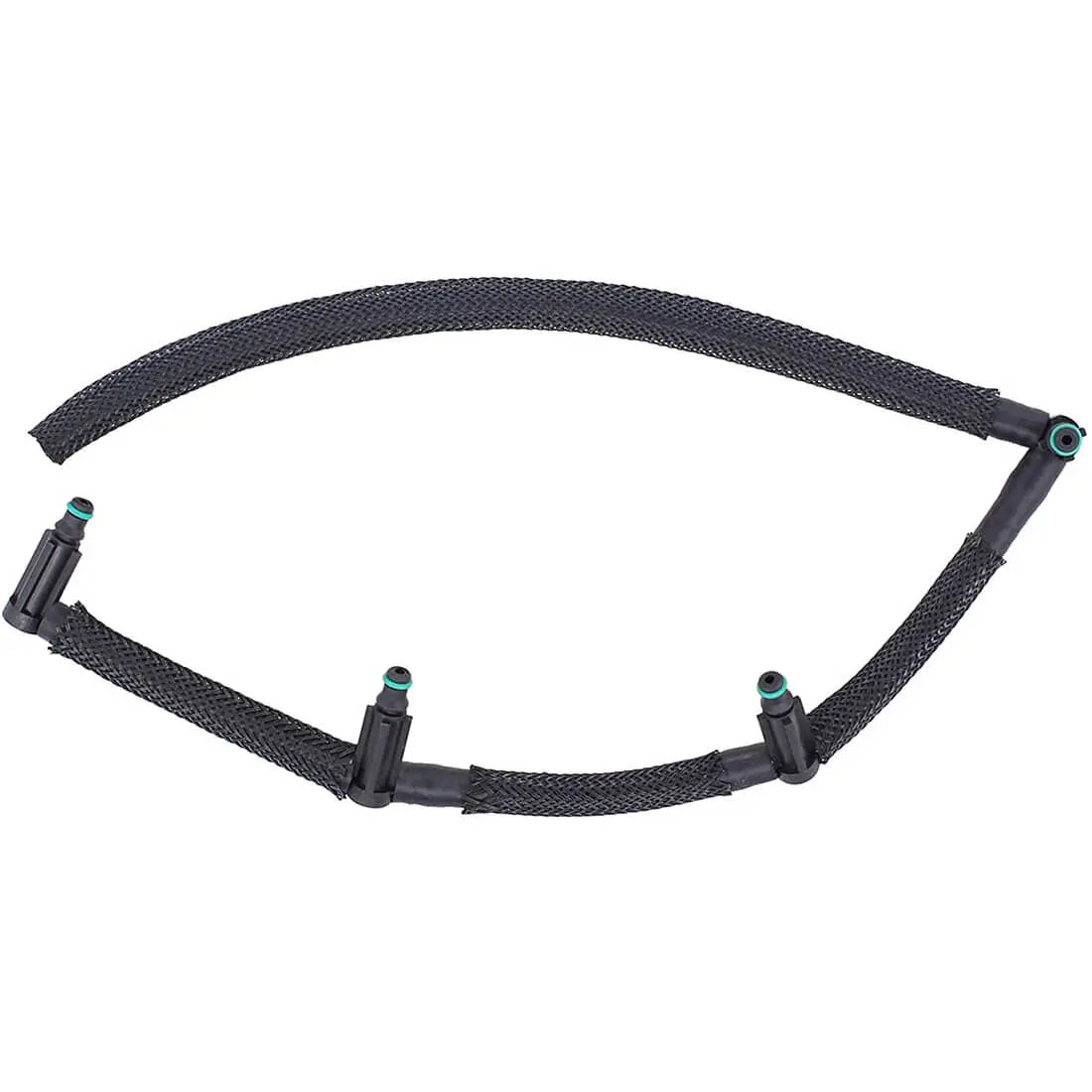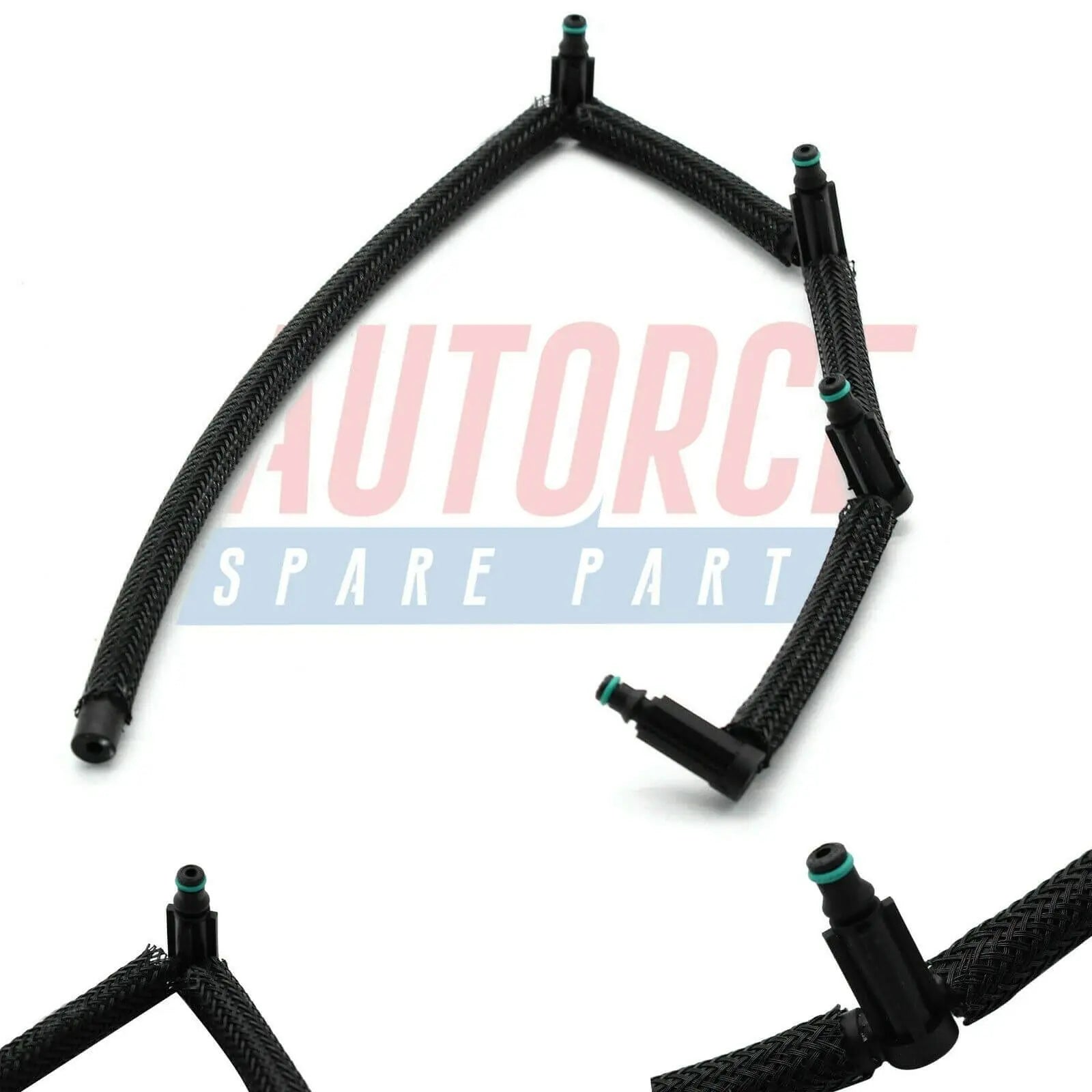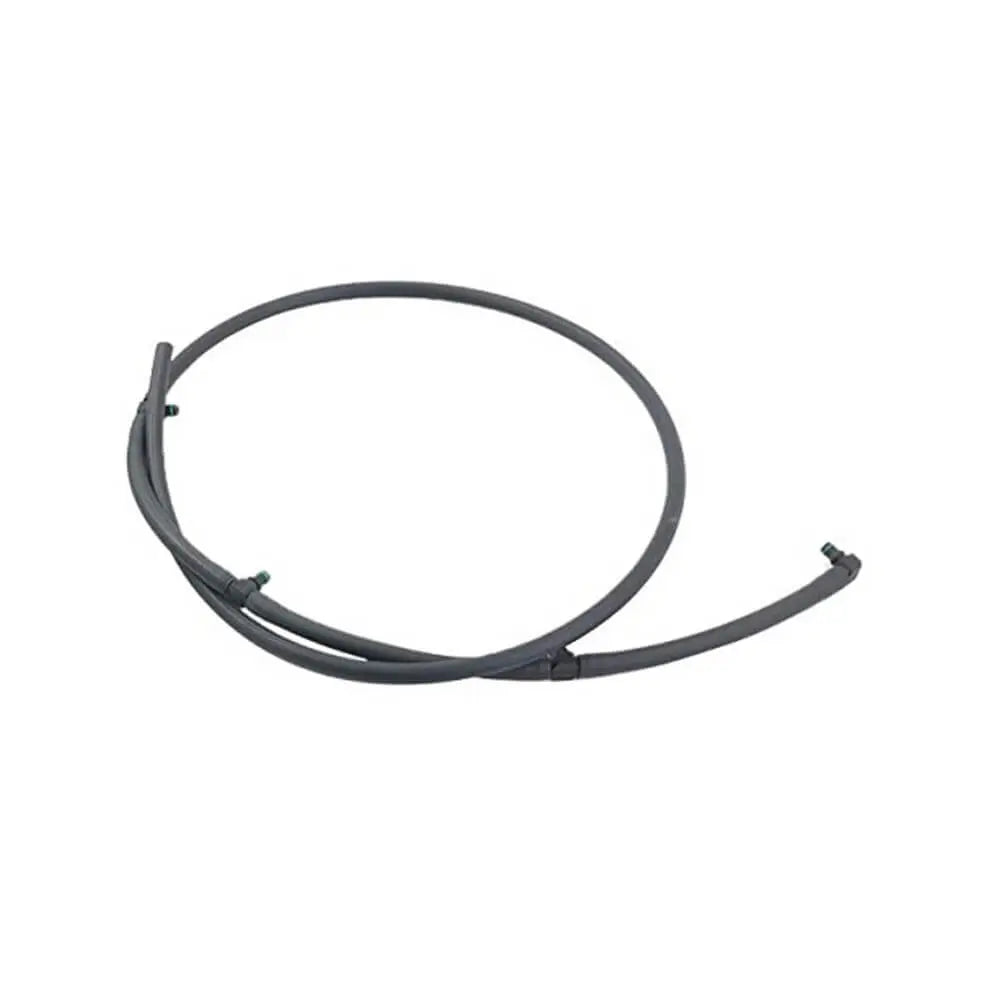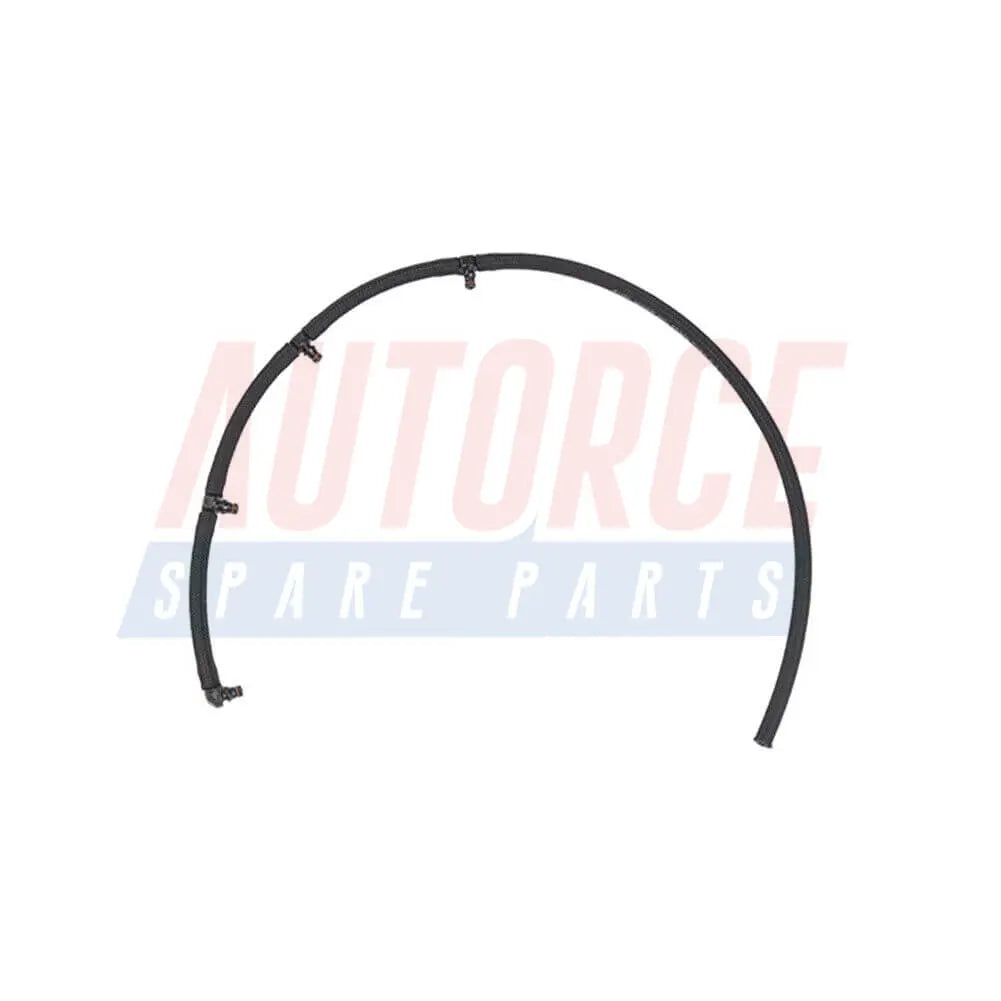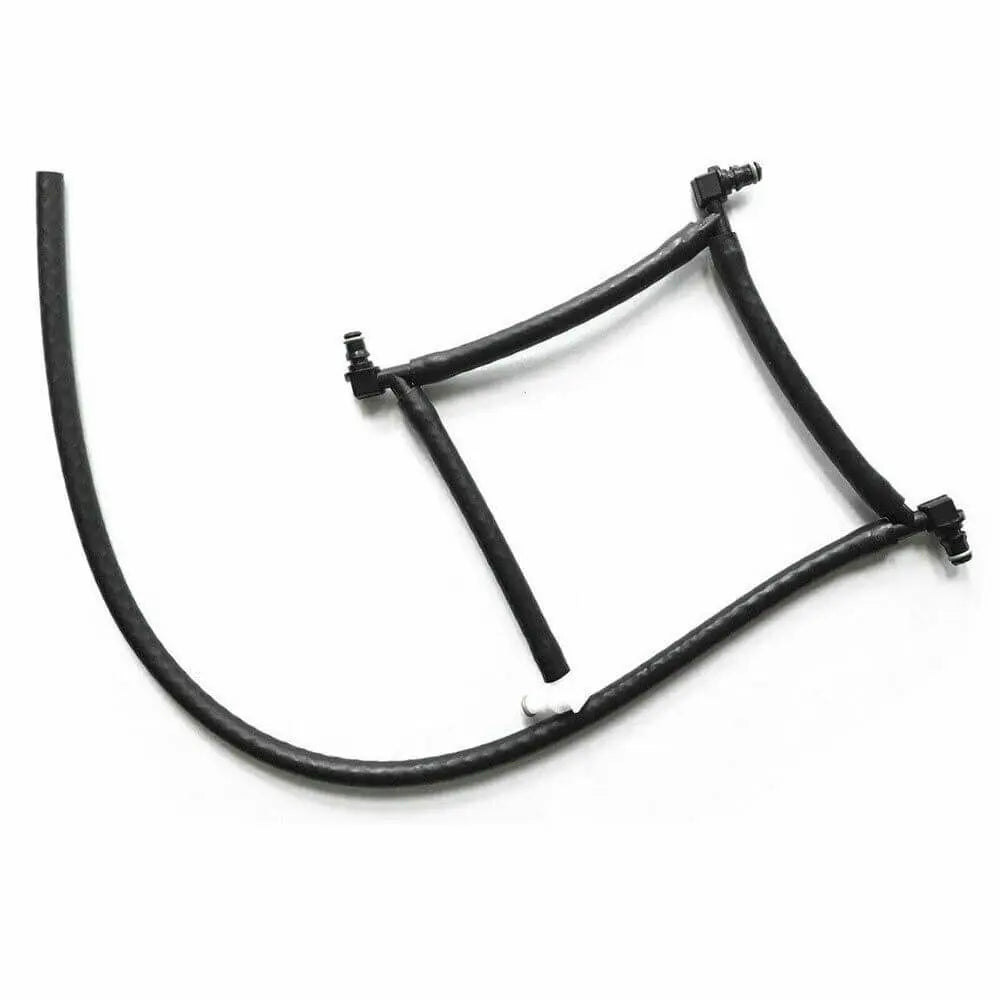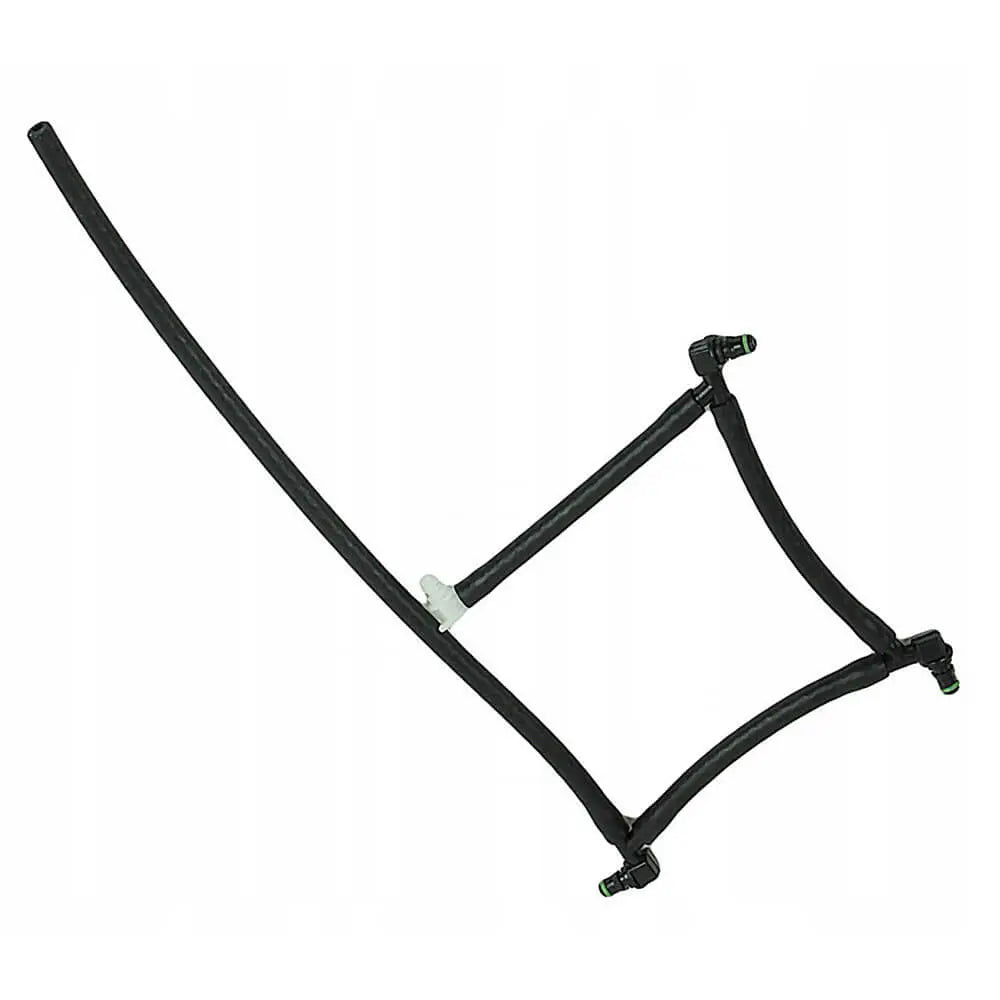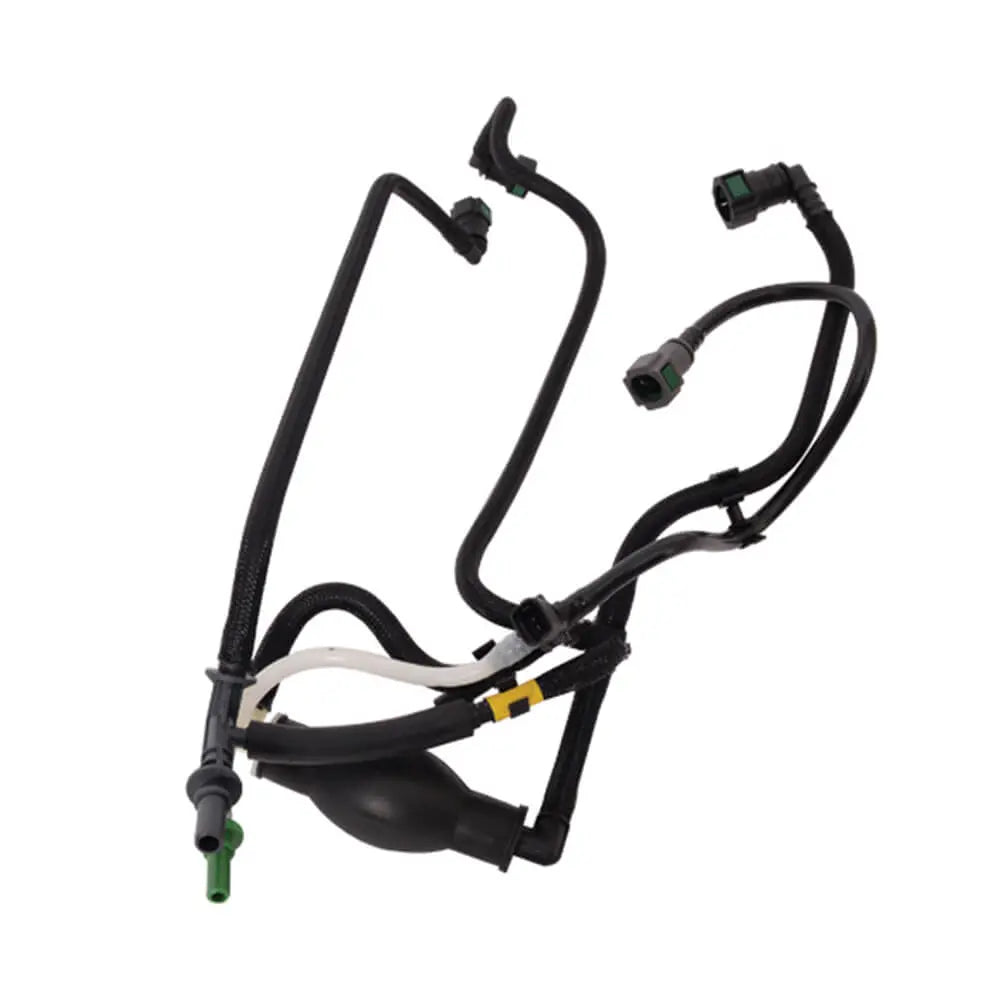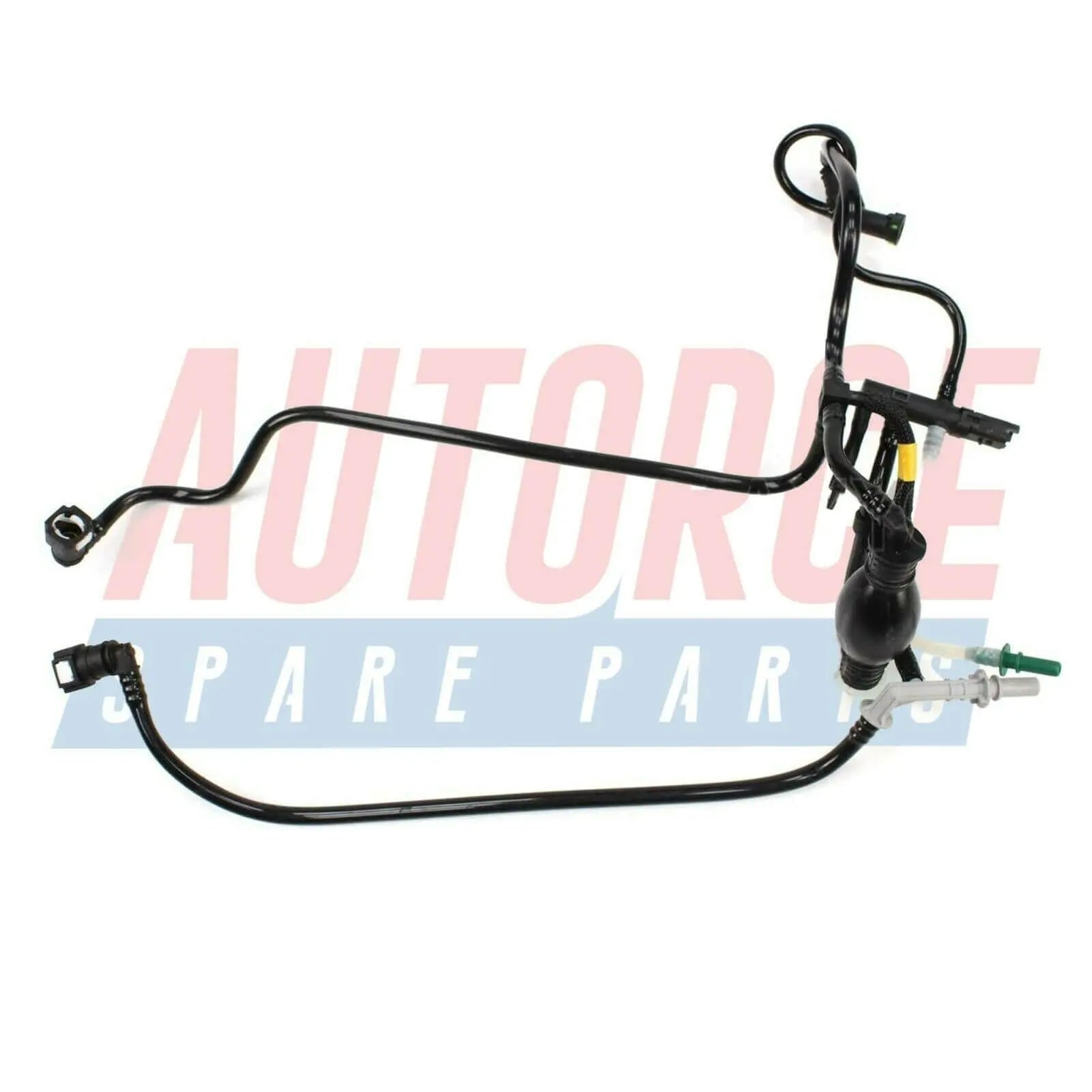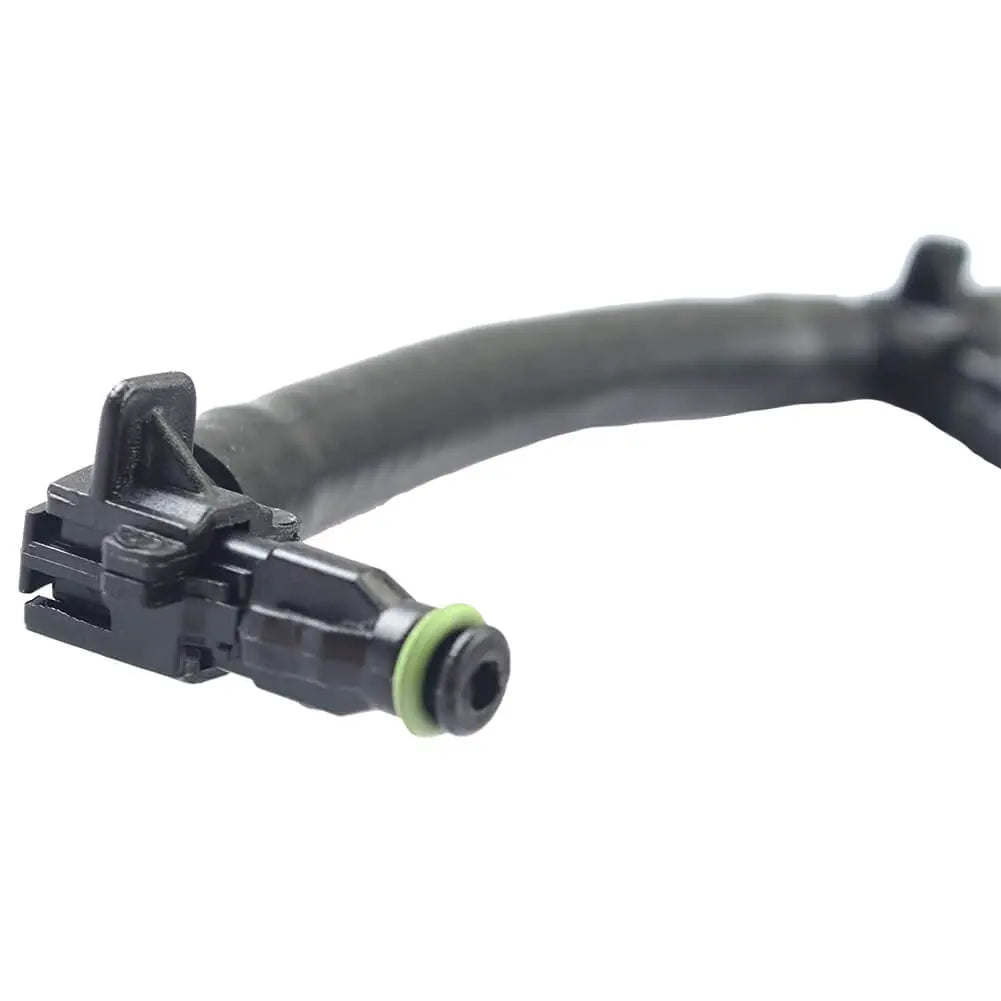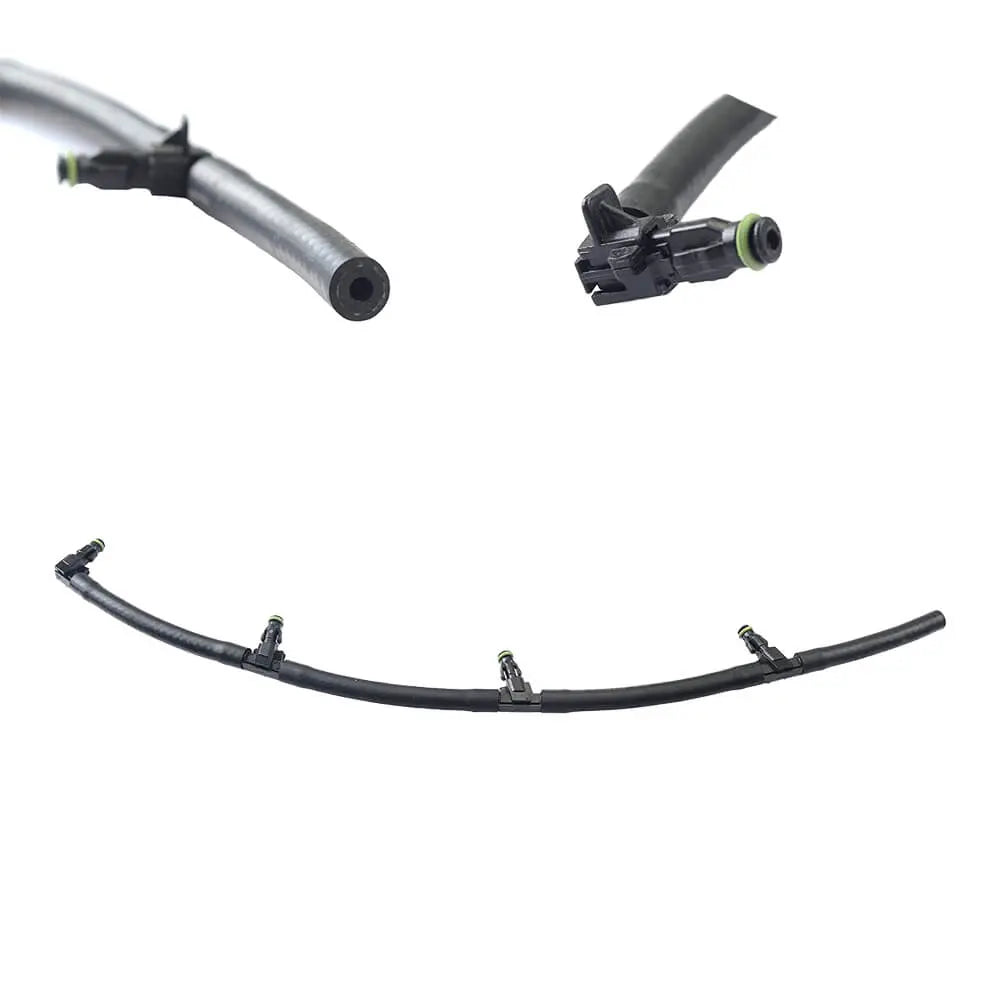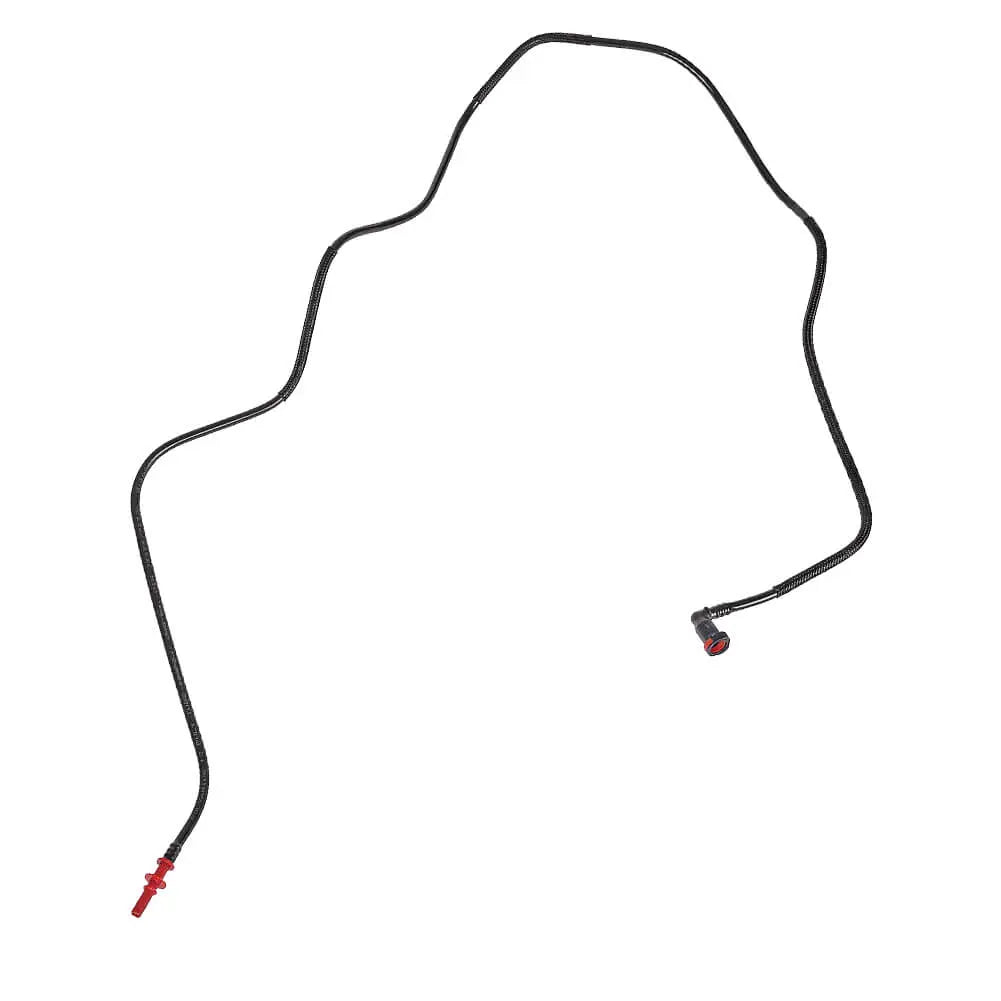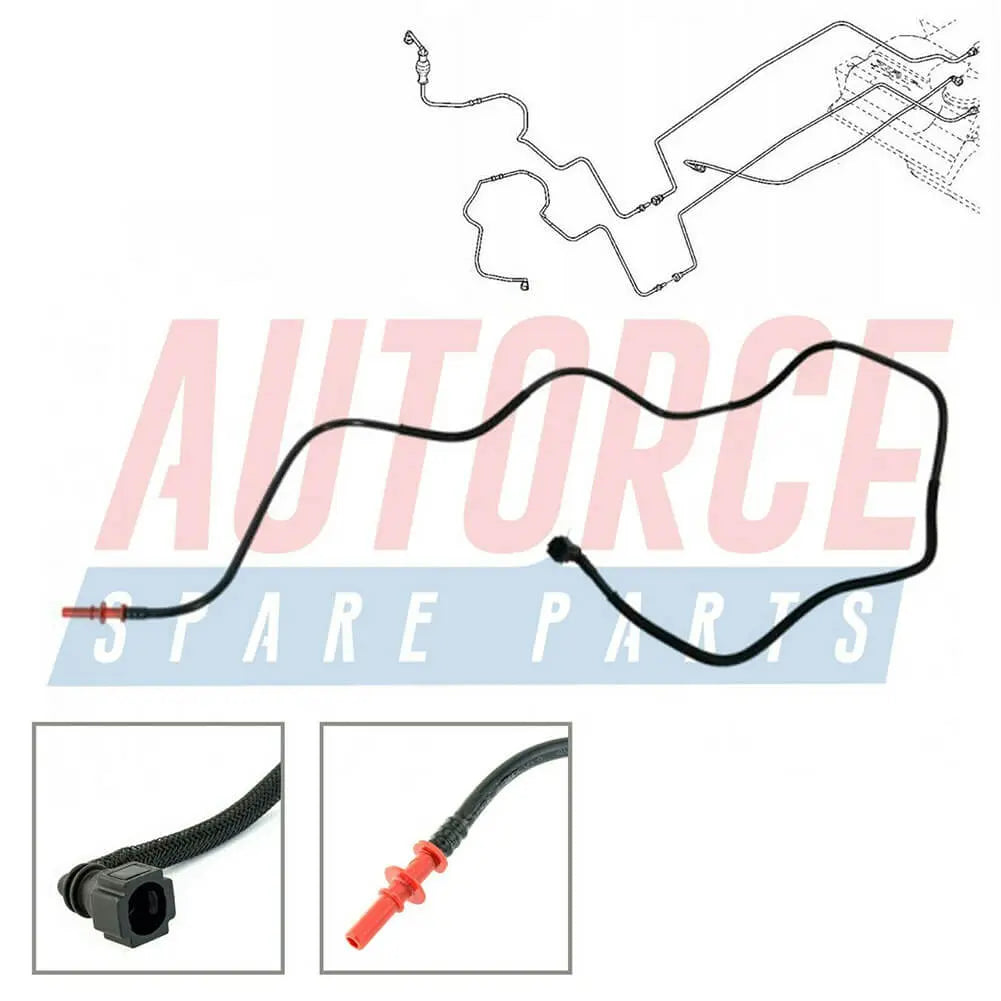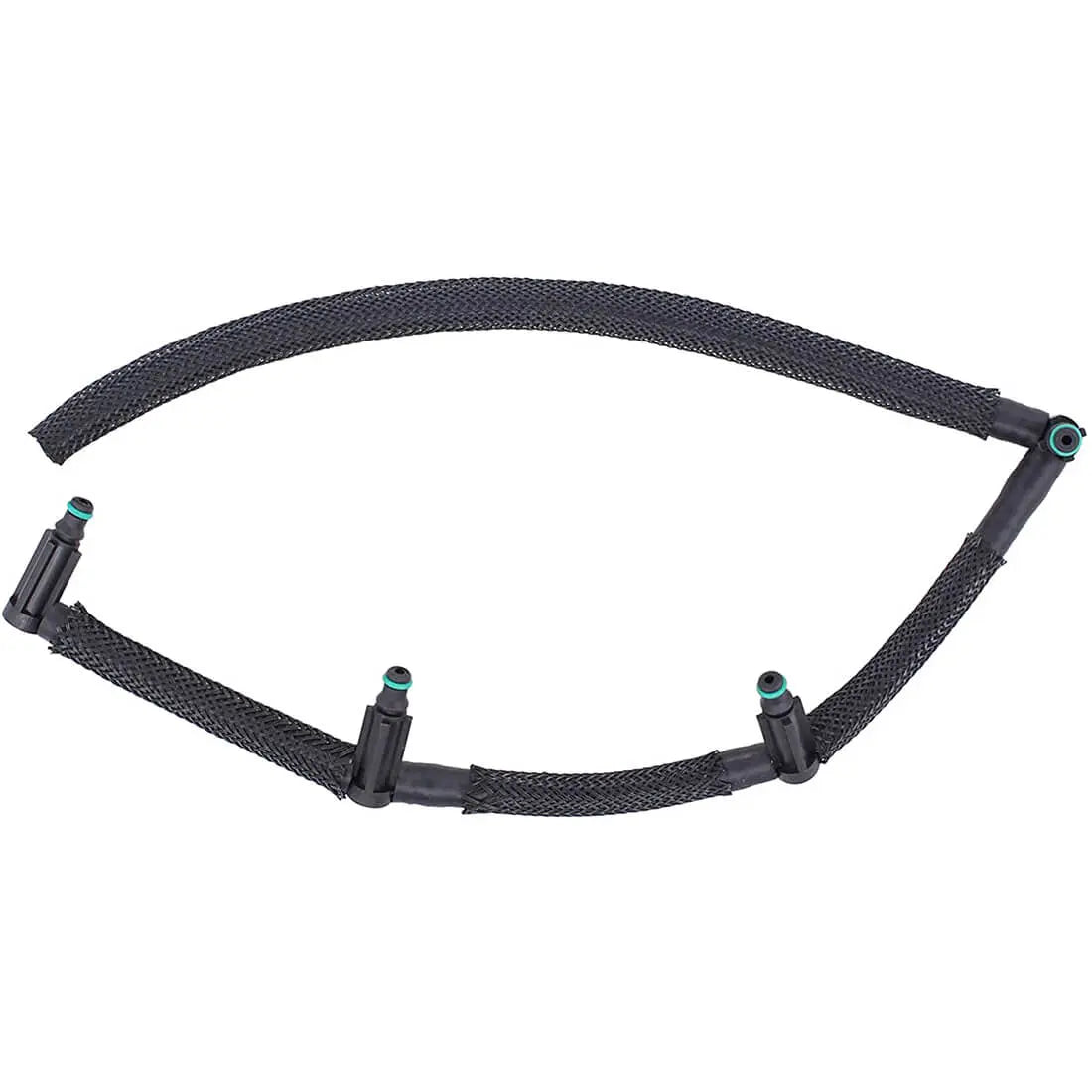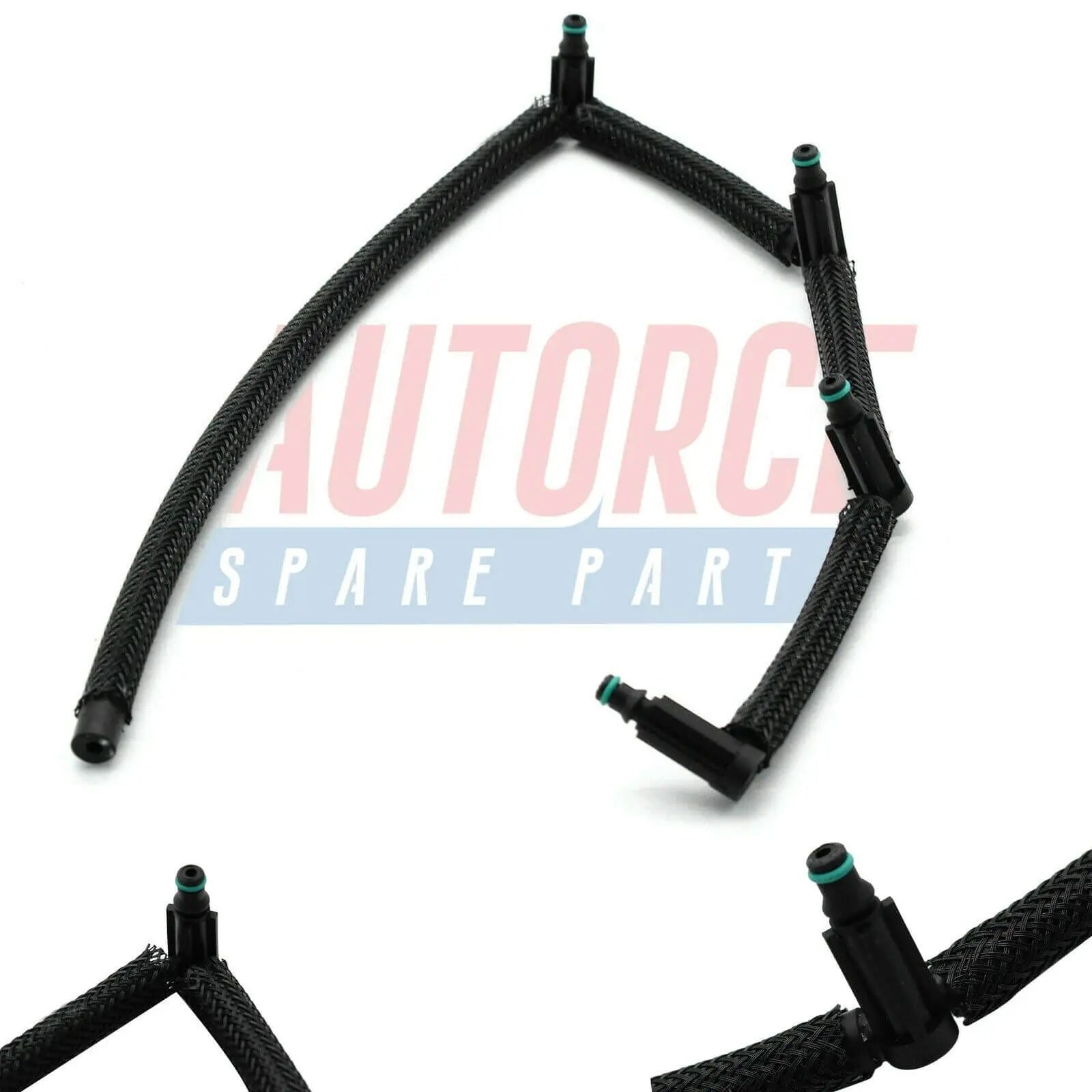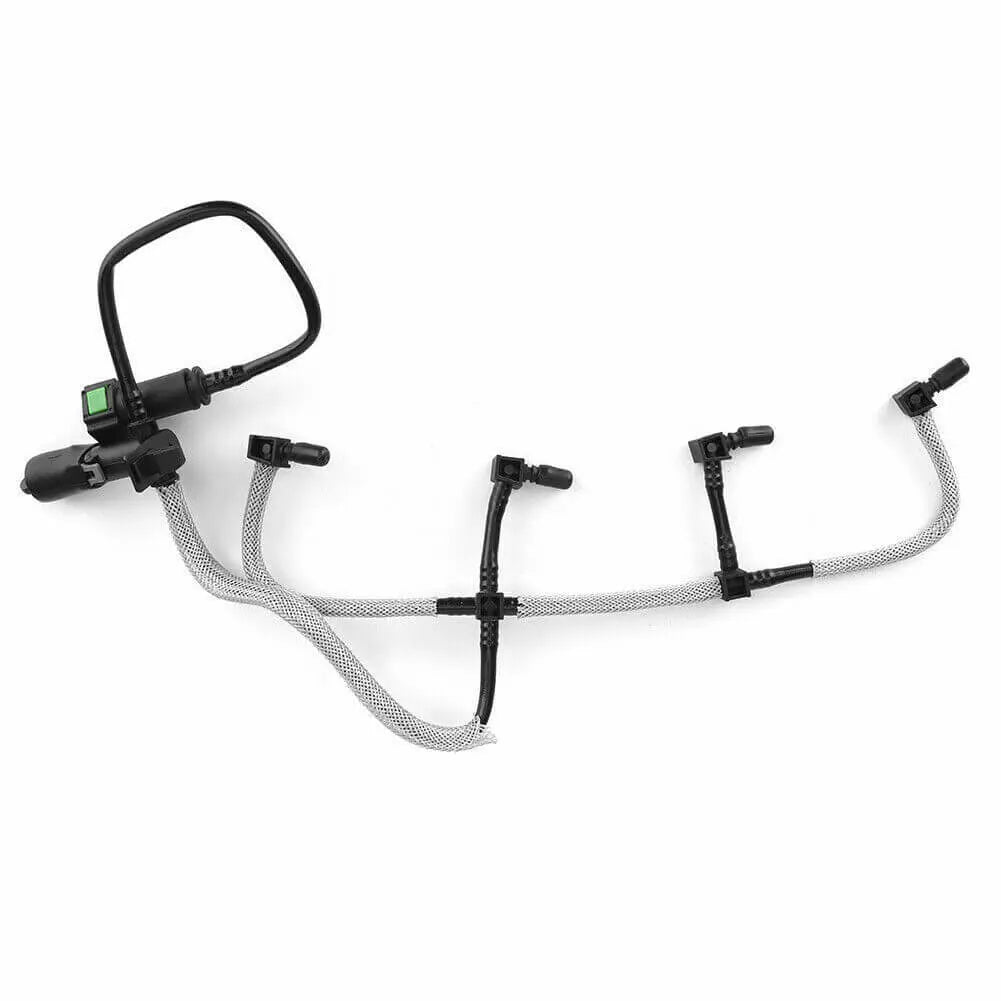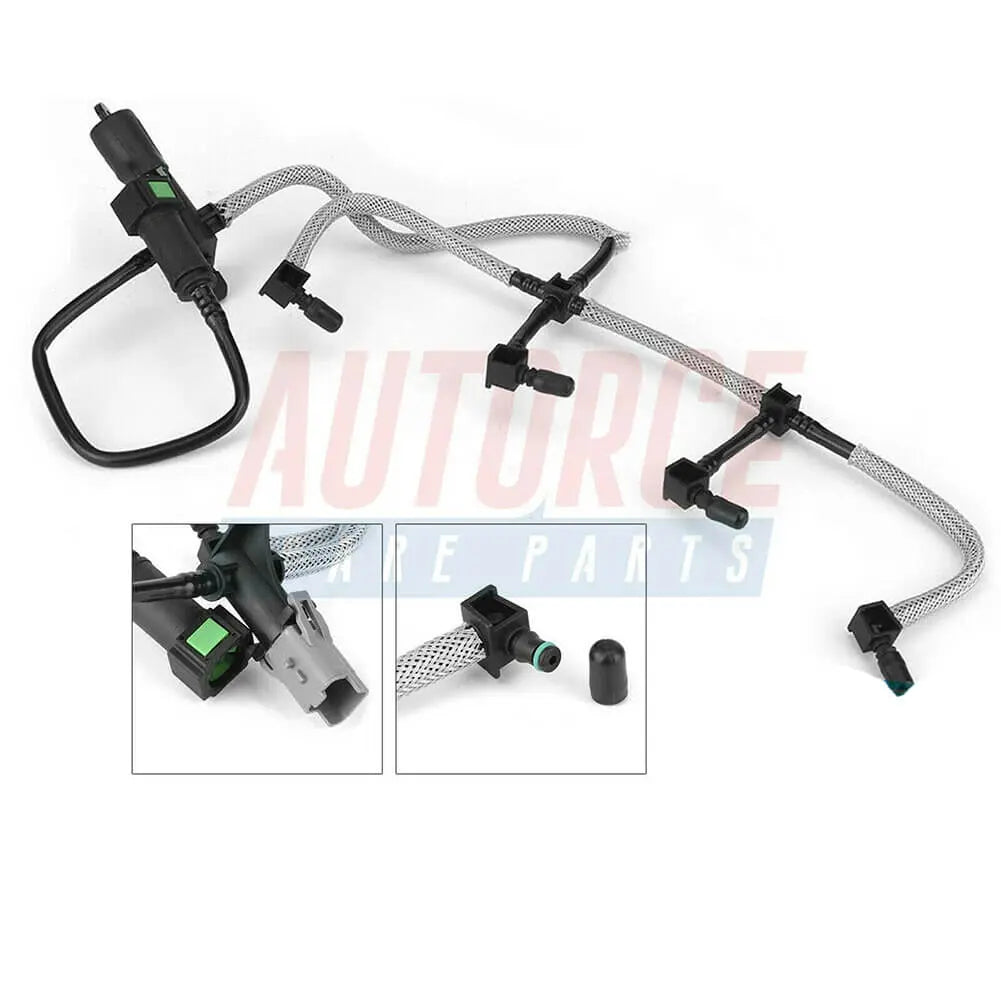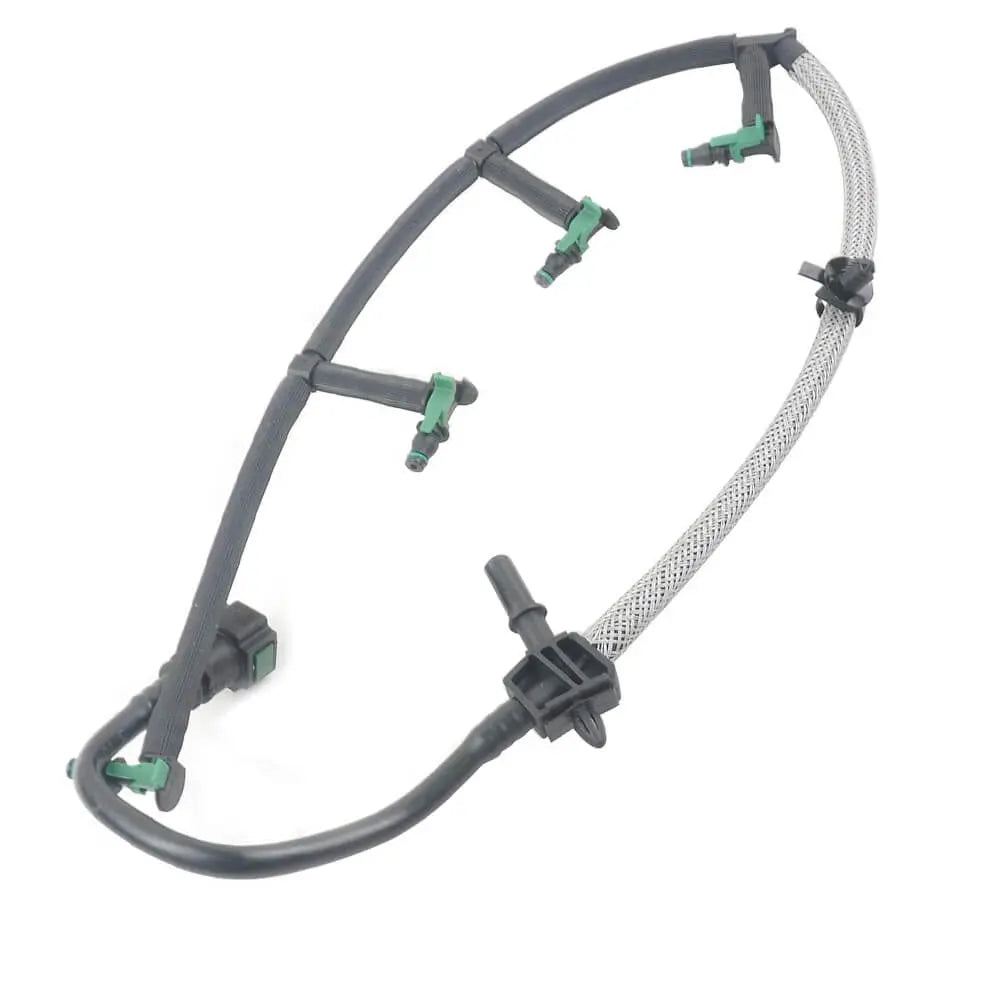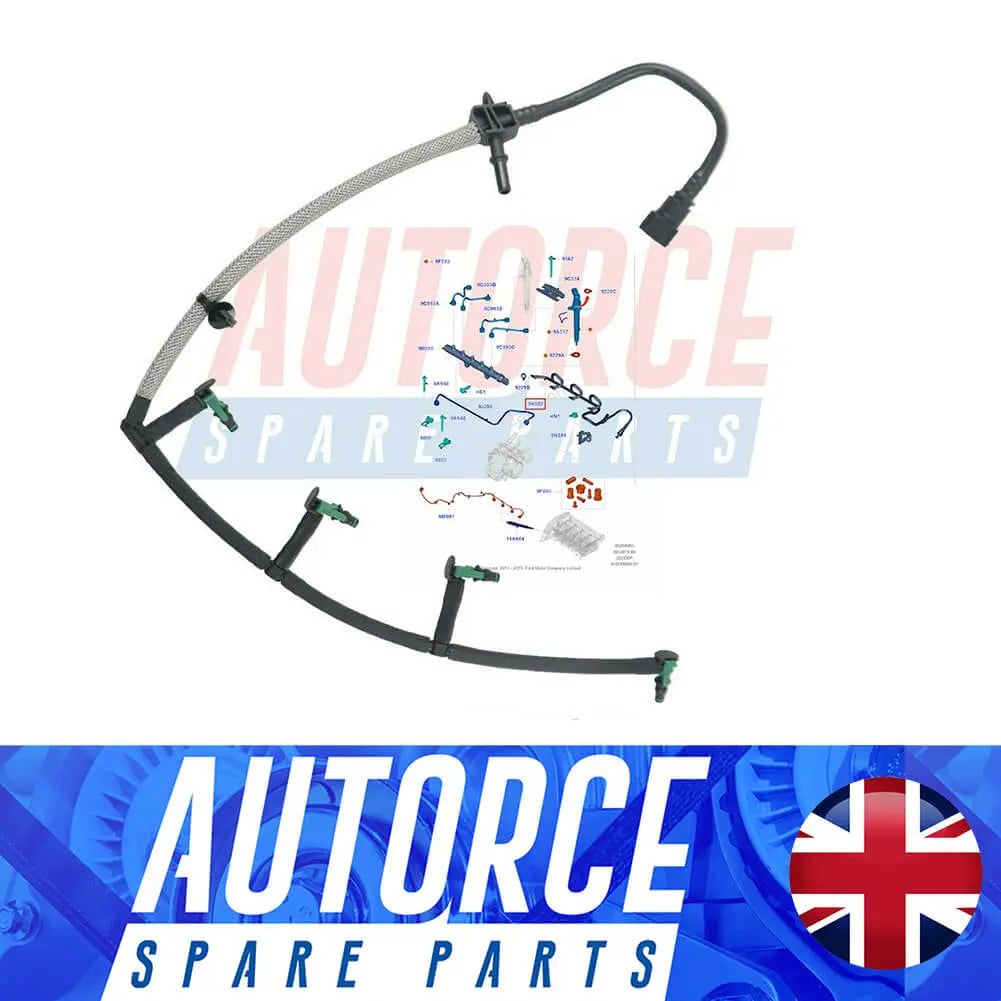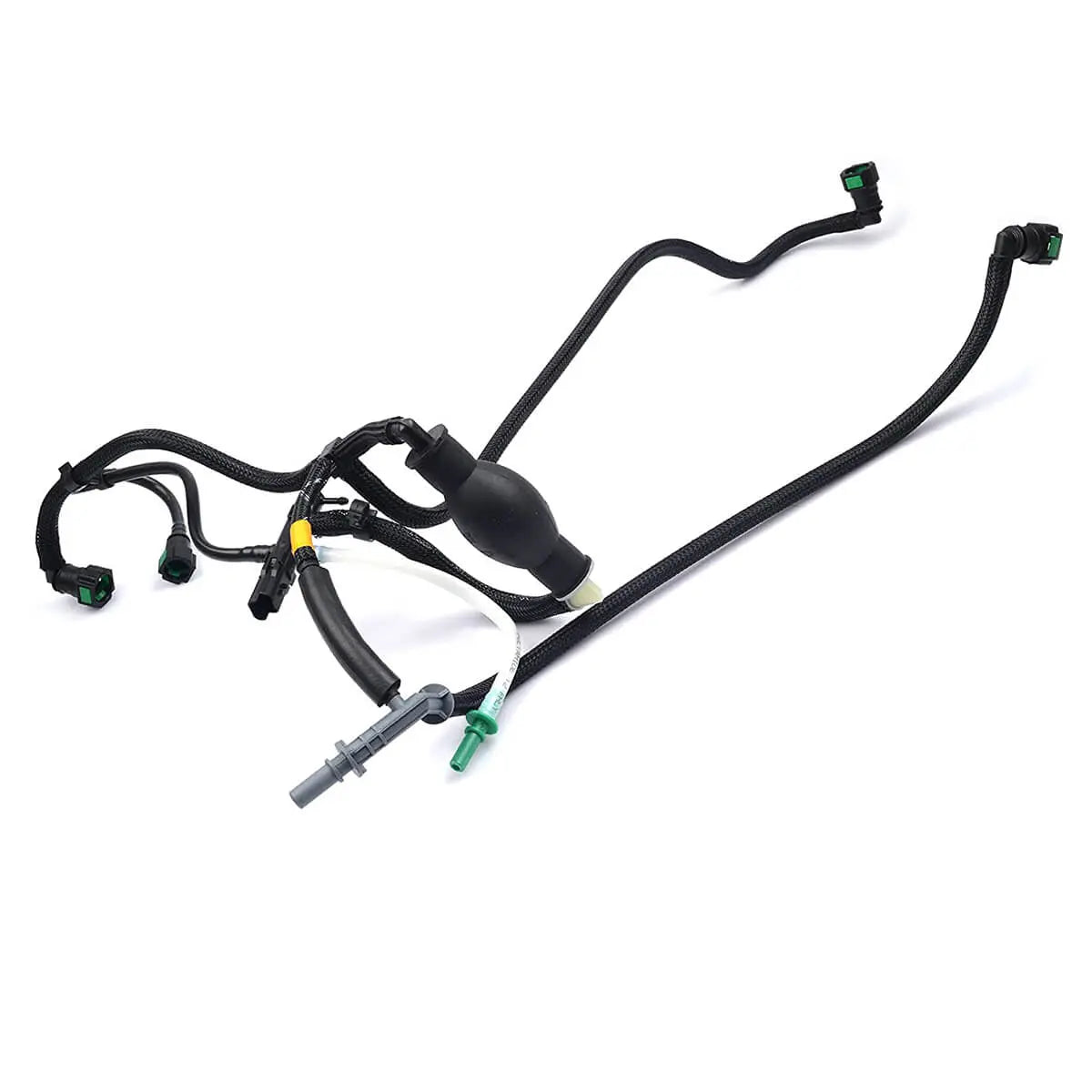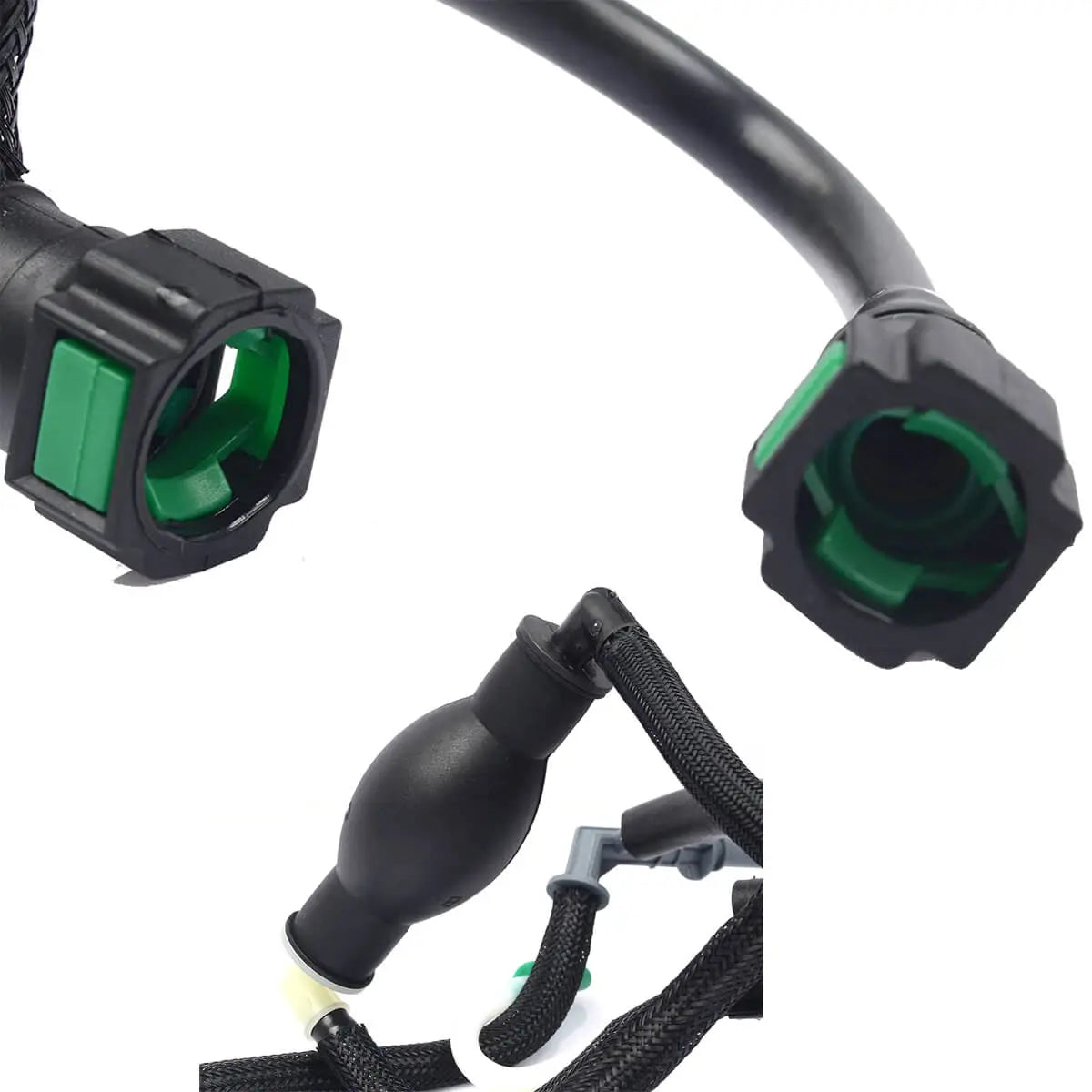Shop by Category
Fuel Lines
78 products
Showing 1 - 24 of 78 products
Fuel Lines for Cars: A Crucial Component of the Internal Combustion Engine
The modern automobile has come a long way since its inception, and one of the most vital components that contribute to its smooth operation is the fuel system. At the core of this system lies the fuel lines – an integral part responsible for transferring fuel from the tank to the engine. Understanding the significance of fuel lines and their role in the efficient functioning of the internal combustion engine is essential for all car enthusiasts and drivers. In this article, we will explore the importance, types, maintenance, and potential issues associated with fuel lines for cars.Importance of Fuel Lines
Fuel lines serve as a critical conduit for delivering fuel from the vehicle's fuel tank to the engine. They are designed to withstand the pressure and temperature generated by the fuel, ensuring a continuous and reliable supply to the engine for combustion. Any disruptions or issues with the fuel lines can result in decreased engine performance, reduced fuel efficiency, and even potential safety hazards.Types of Fuel Lines
Steel Lines: Historically, most cars were equipped with steel fuel lines. These lines are highly durable and can withstand the harsh conditions under the vehicle, offering excellent resistance to corrosion and impact damage. However, steel lines are rigid and challenging to bend, making installation and maintenance laborious.Nylon/Plastic Lines: With advancements in automotive technology, nylon or plastic fuel lines gained popularity. These lines are flexible, making them easier to install and route. Additionally, they are more resistant to corrosion, reducing the risk of fuel leaks. However, they are not as durable as steel lines and may degrade over time due to exposure to the elements.
Stainless Steel Braided Lines: Stainless steel braided fuel lines offer a balance of flexibility and durability. They consist of a rubber inner hose encased in a stainless steel braid, providing enhanced strength while retaining flexibility. These lines are commonly used in high-performance vehicles and racing applications.
Maintenance and Care
Proper maintenance of fuel lines is crucial for ensuring the longevity and performance of the vehicle. Here are some essential tips for maintaining fuel lines:Regular Inspection: Routinely inspect the fuel lines for signs of wear, cracks, or leaks. Address any issues promptly to prevent fuel loss or potential fire hazards.
Avoid Physical Damage: Protect the fuel lines from physical damage caused by road debris, speed bumps, or accidents. Routinely check their position and ensure they are properly secured to avoid contact with moving parts or hot surfaces.
Replace Old Lines: Over time, fuel lines can deteriorate, especially if exposed to harsh conditions. If your car is older or has been in use for an extended period, consider replacing the fuel lines preventatively.
Common Fuel Line Issues
Fuel Leaks: The most common problem with fuel lines is leaks, which can lead to fuel wastage and pose a fire risk. Leaks can occur due to corrosion, cracks, or loose connections.Clogging: Fuel lines can get clogged by impurities present in the fuel. This can result in reduced fuel flow and affect engine performance.
Vapor Lock: In hot weather, fuel can vaporize in the lines, causing vapor lock. This disrupts the fuel supply to the engine, leading to stalling or poor performance.
Fuel lines play a pivotal role in the efficient functioning of a car's internal combustion engine. Ensuring their proper maintenance, choosing the appropriate material for the lines, and addressing issues promptly are essential for optimal vehicle performance and safety. Whether you are a car enthusiast or a regular driver, understanding the significance of fuel lines empowers you to take better care of your vehicle and enjoy a smooth driving experience for years to come.
Showing 1 - 24 of 78 products
Display
View
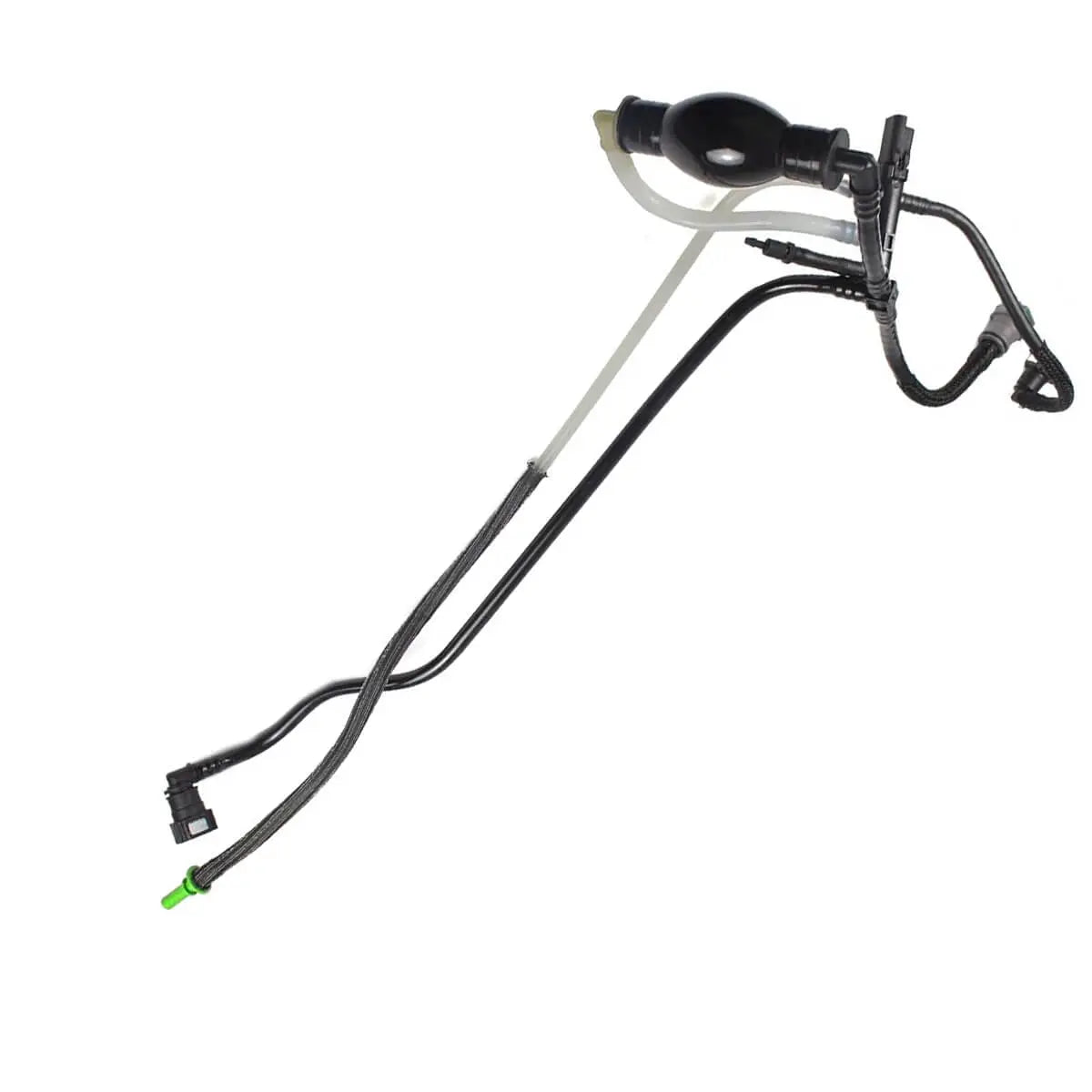
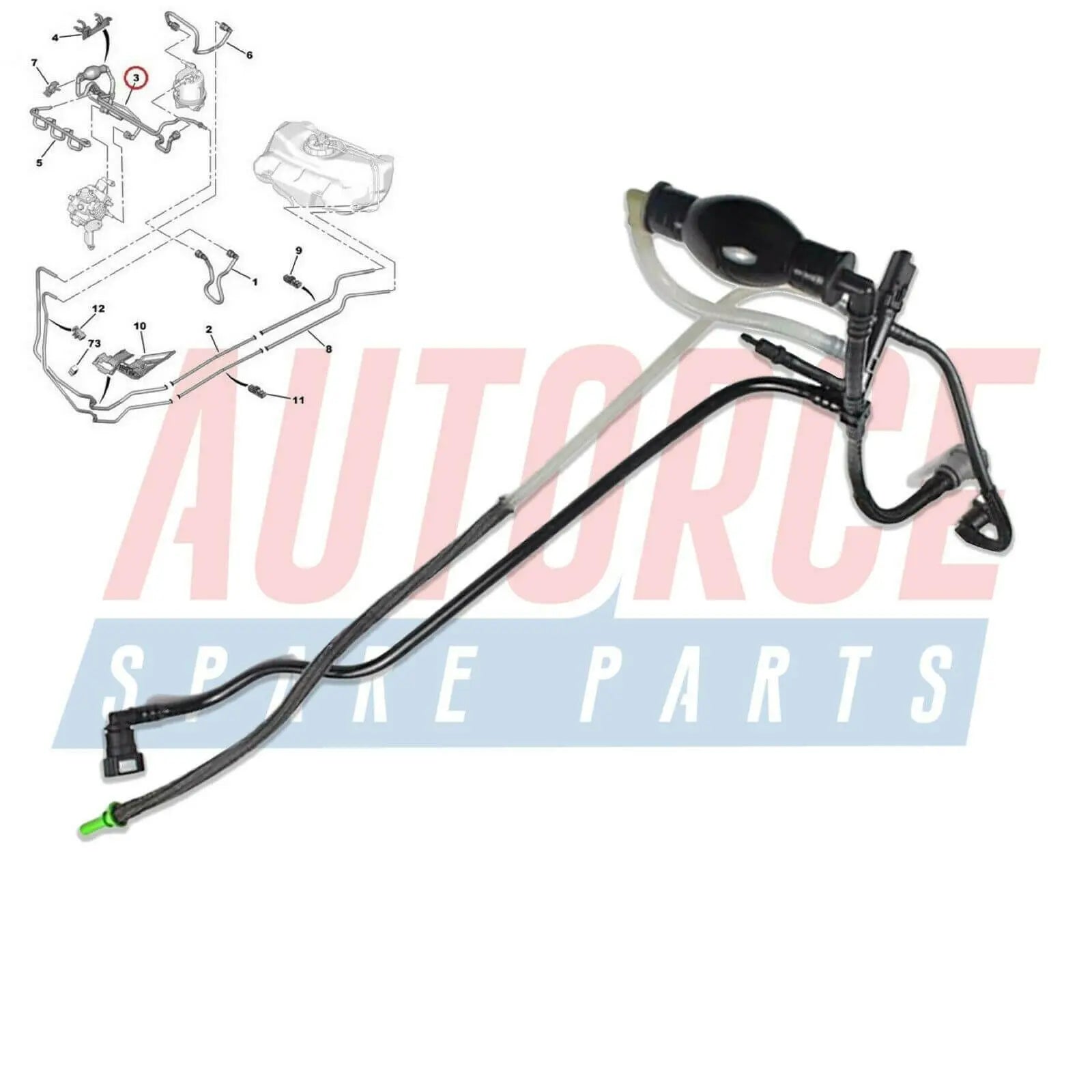
Fuel Line Pipe Primer Pump For Ford Fiesta Mk5 Fusion Estate 1.4 TDCi - 2S6Q9D350AF, 1501910
Sale price£23.99
No reviews
In stock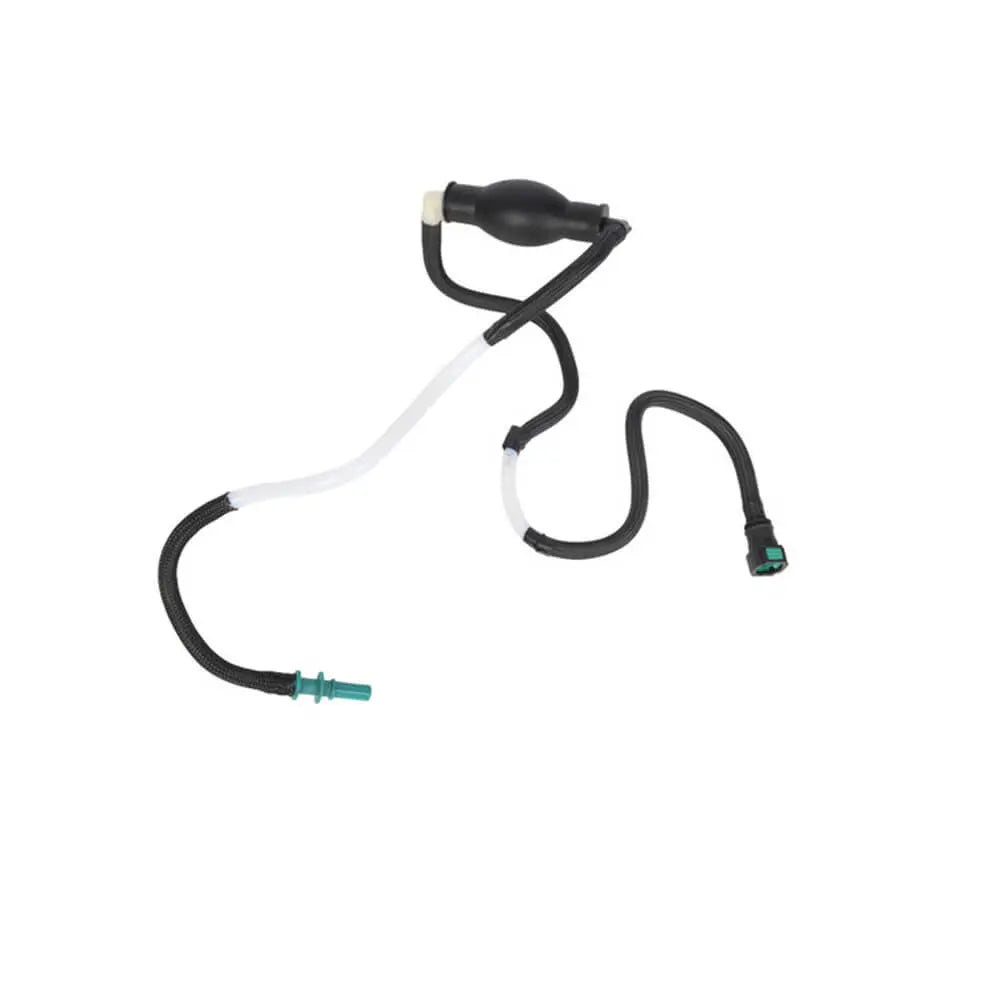
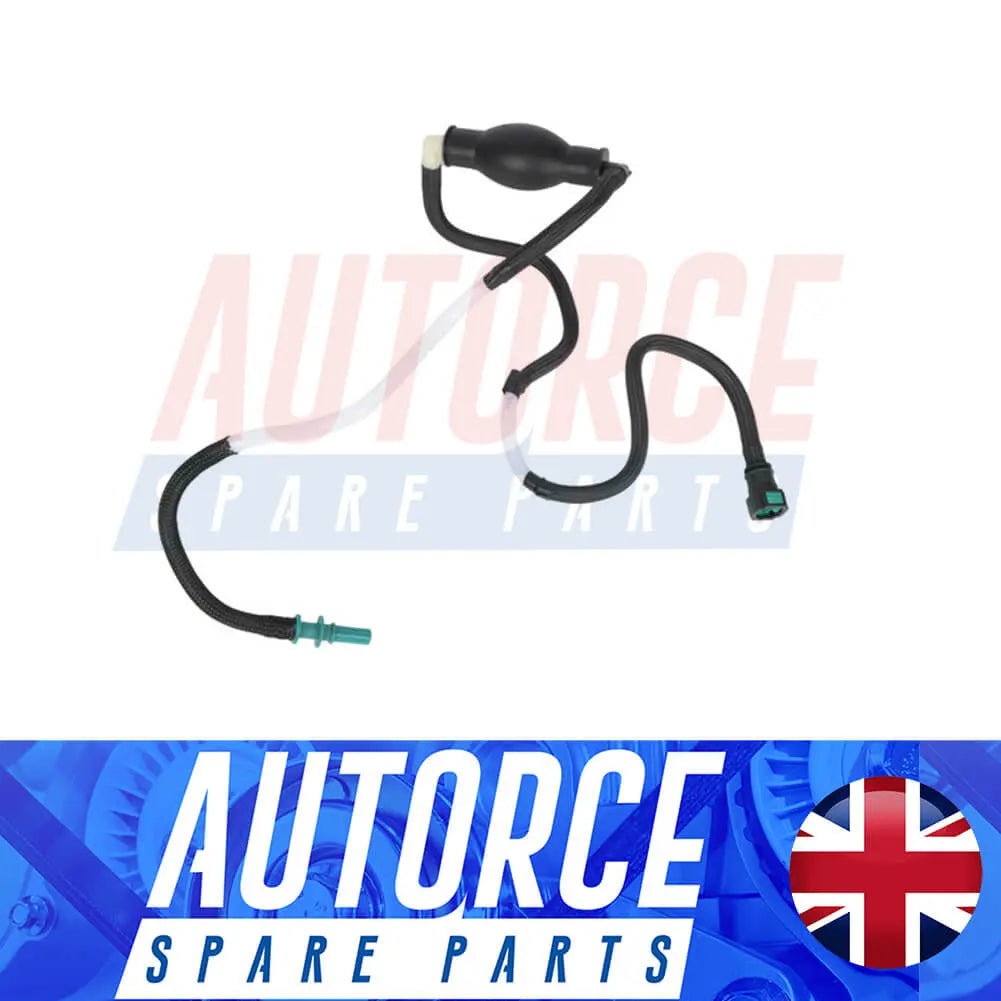
Fuel Hose Pipe For Dacia Duster 1.5 dCi (2013 - Onwards) - 175063943R
Sale price£27.90
No reviews
Sold out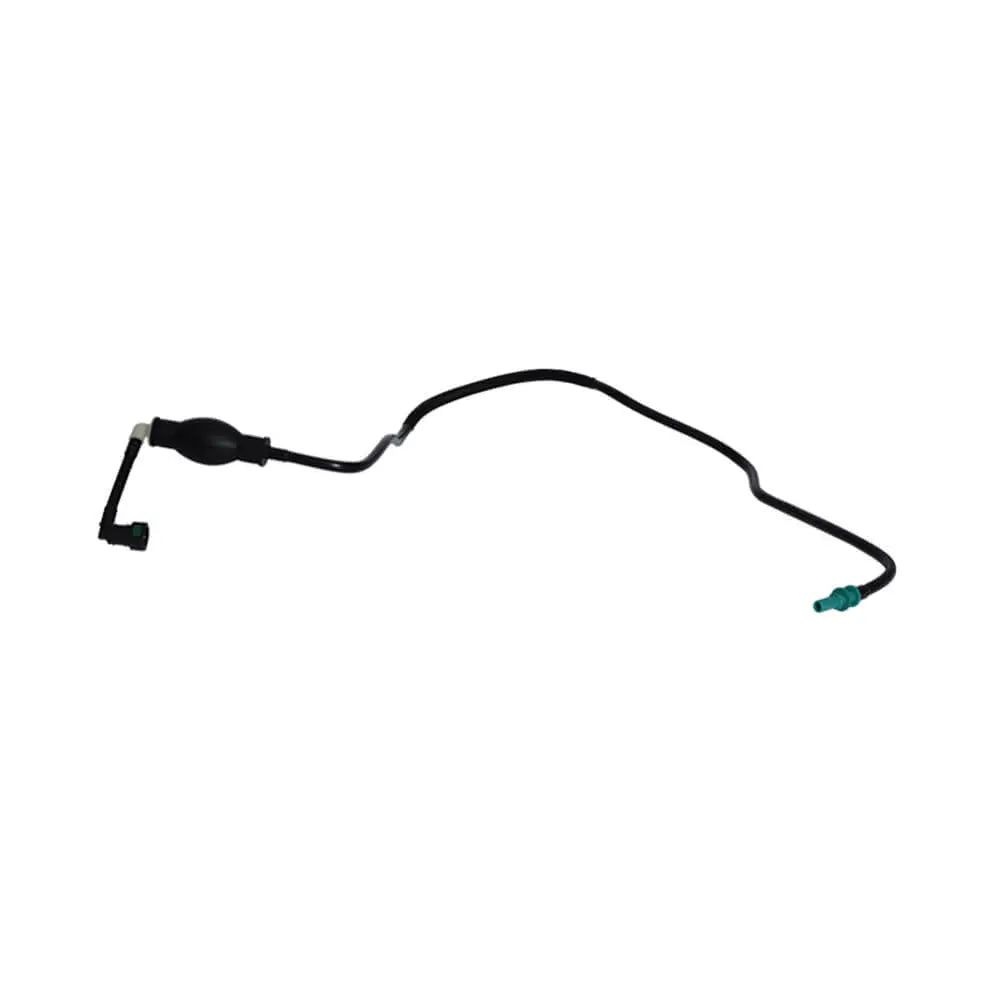
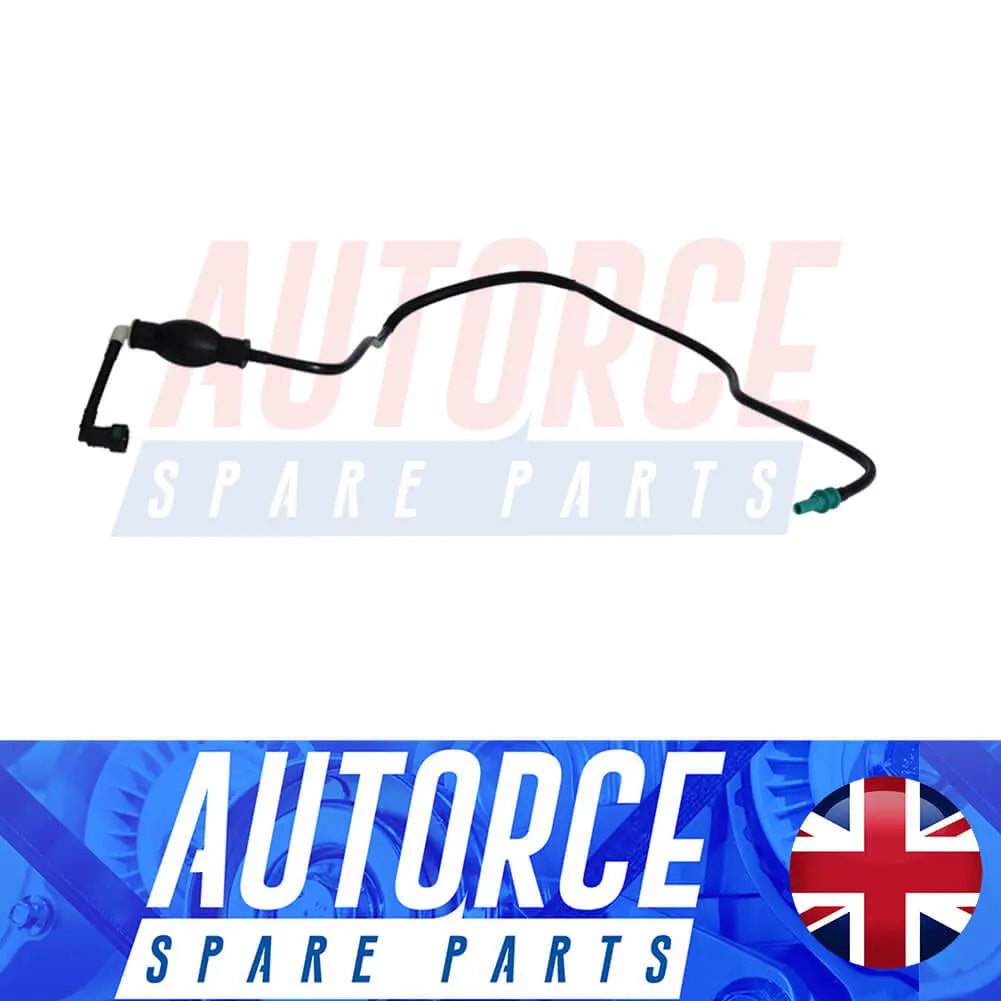
Fuel Injector Pipe For Vauxhall Vivaro (X83) - 8200505325, 4416876, GM 93857417
Sale price£14.90
No reviews
Hurry! Stock running out!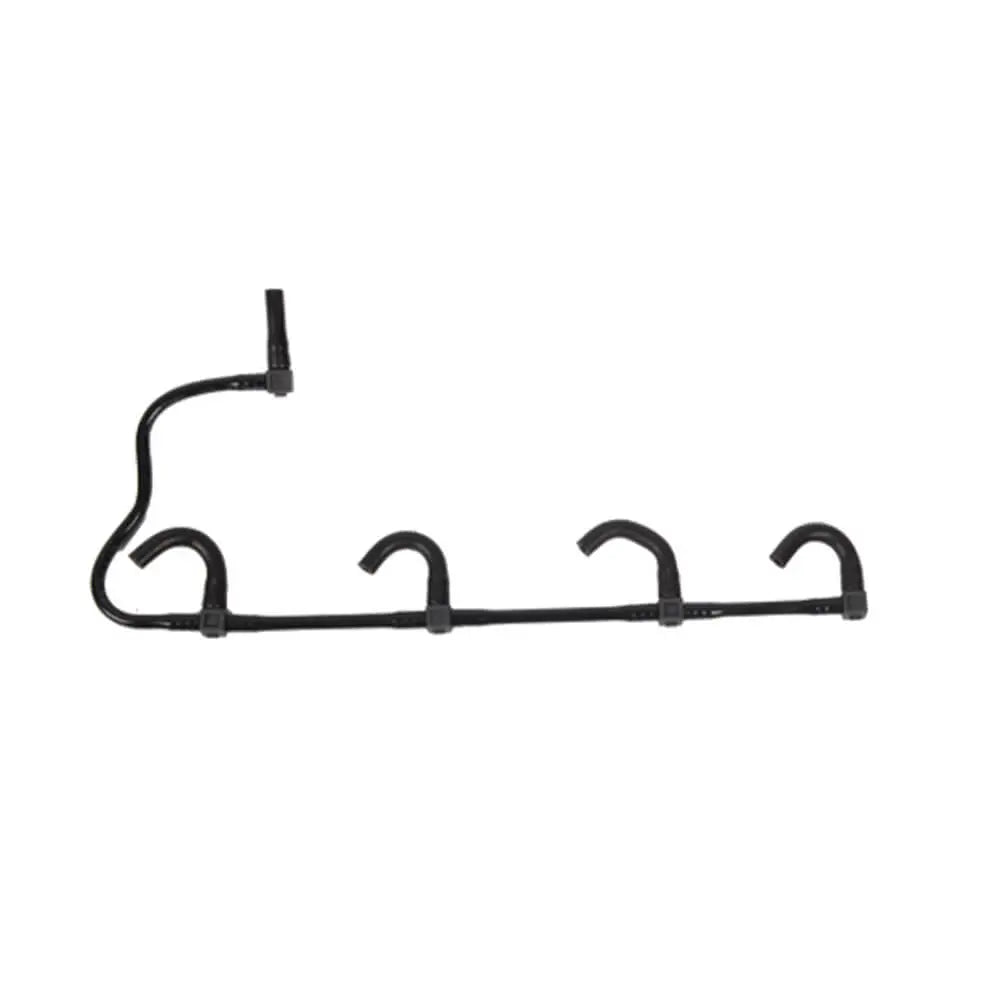
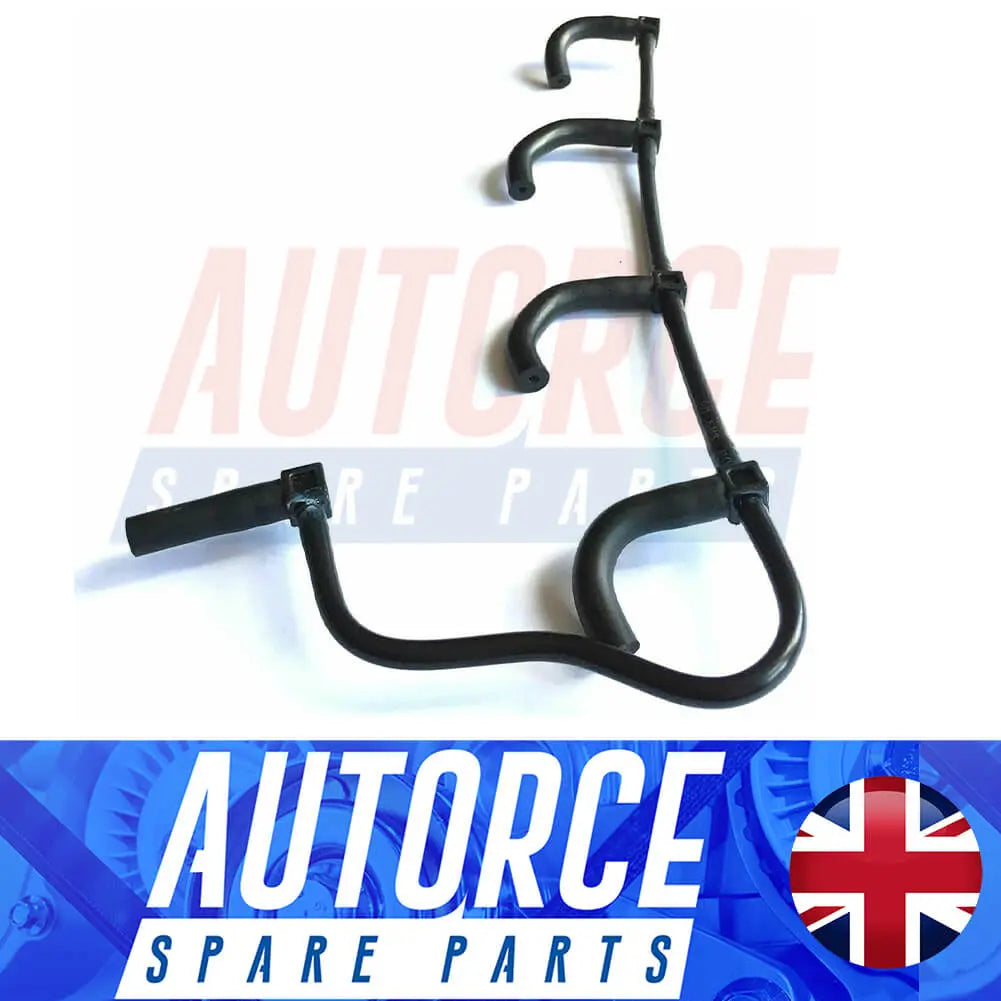
Fuel Return Leak-off Pipe For Dacia Dokker Duster Lodgy Logan Sandero - 8200171176
Sale price£11.90
No reviews
Hurry! Stock running out!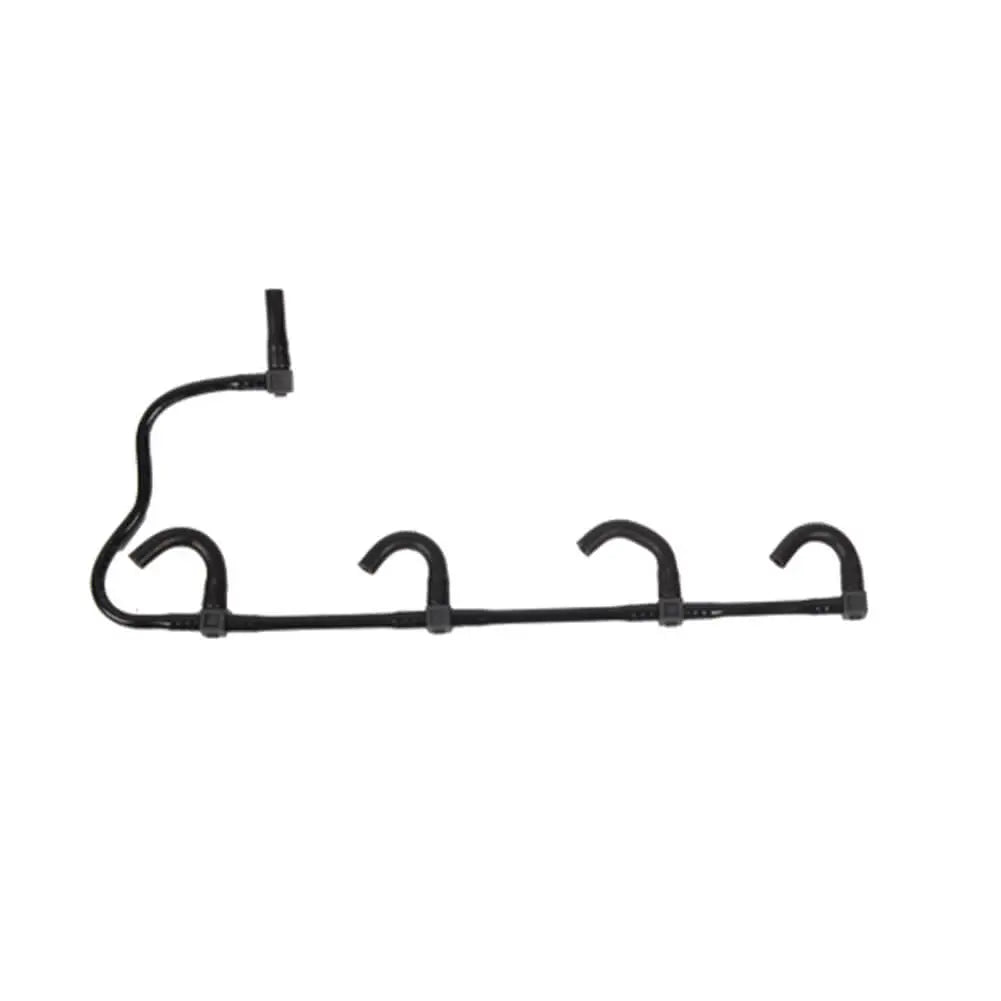
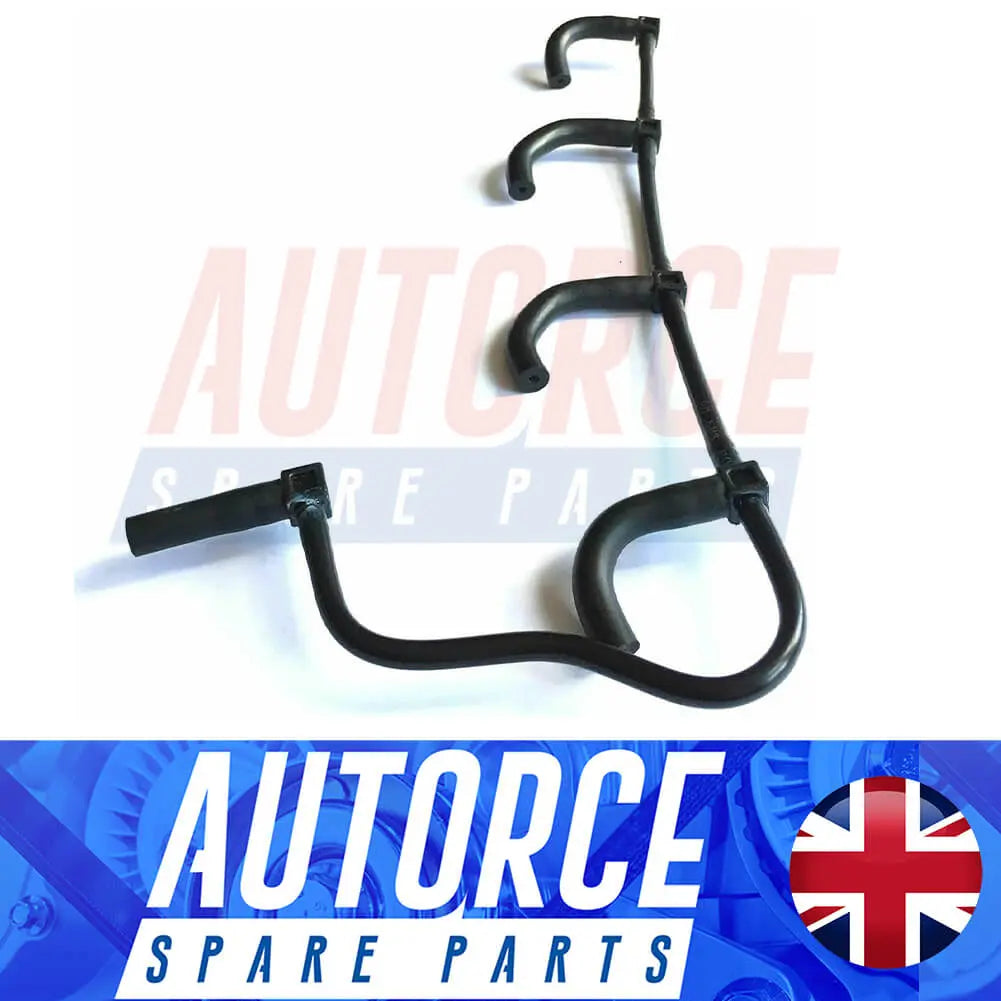
Fuel Return Leak-off Pipe For Renault Clio Kangoo Megane Scenic - 8200520596
Sale price£11.90
No reviews
Hurry! Stock running out!Save £3.21
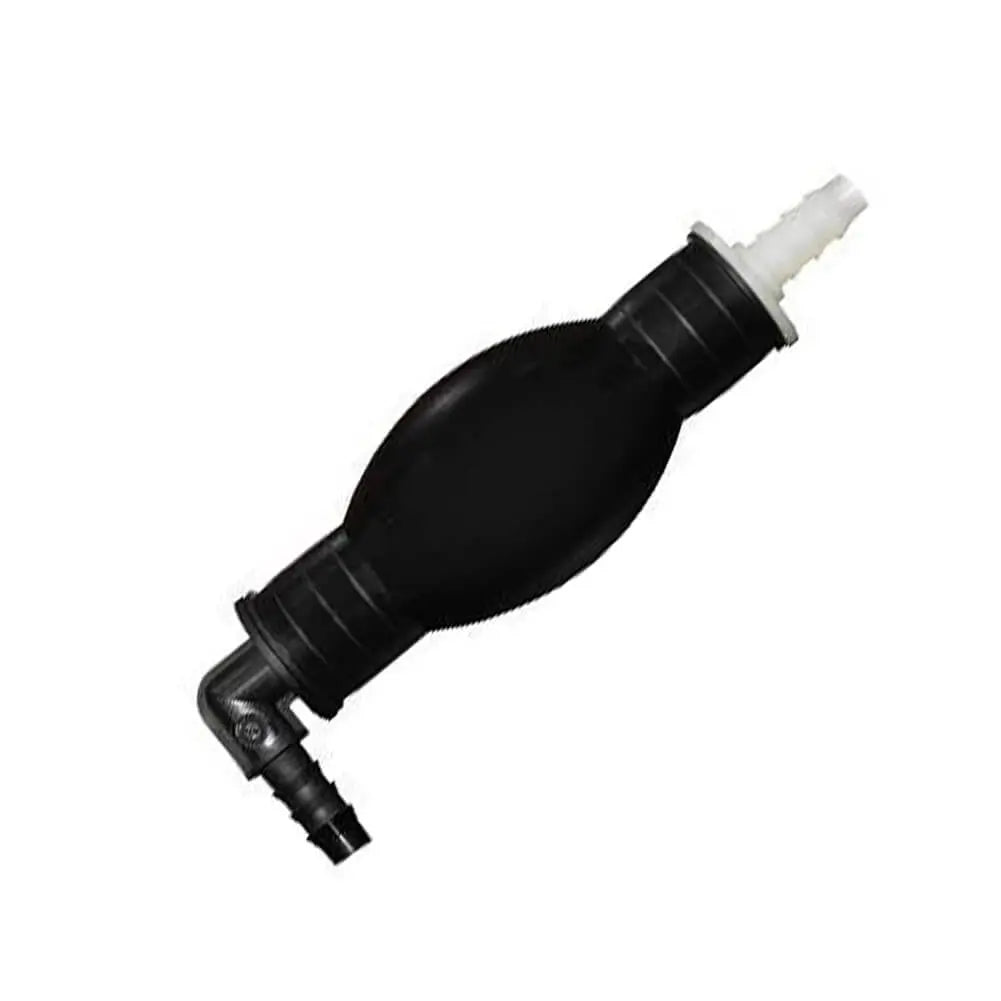
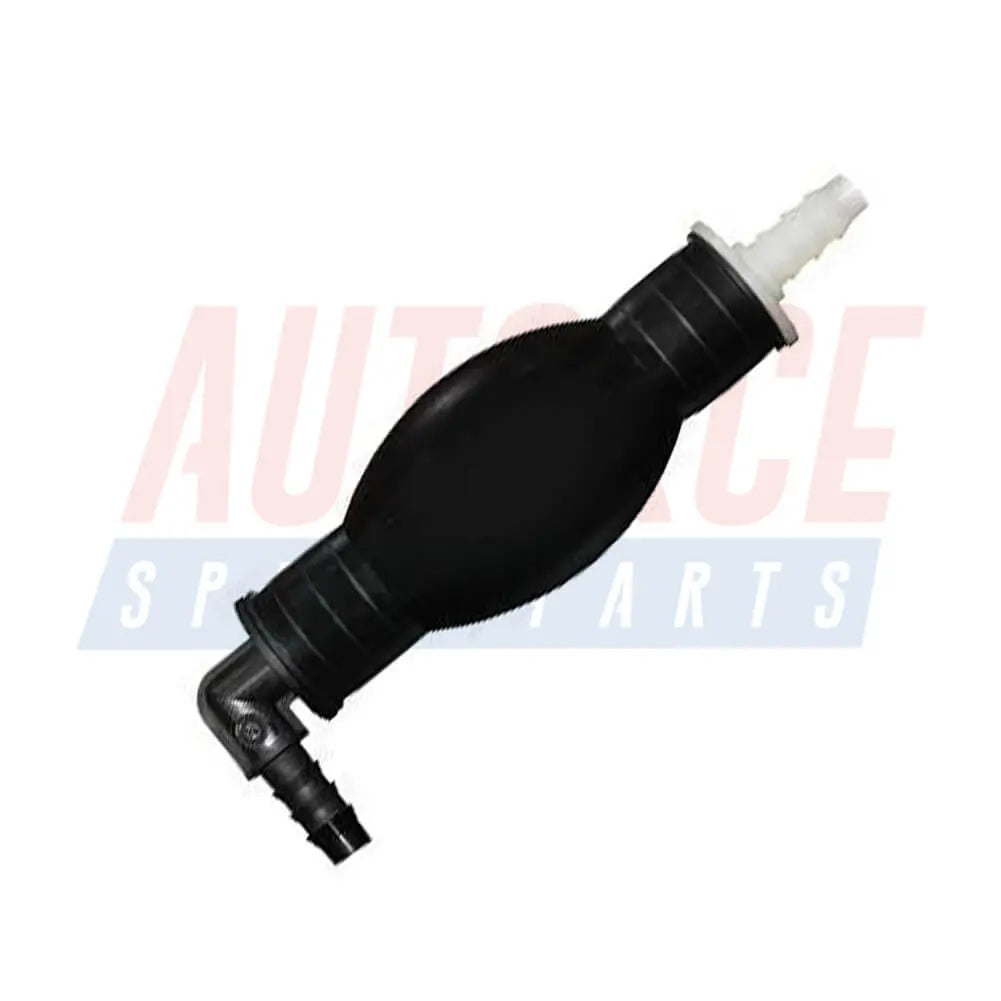
Diesel Primer Bulb Hand Pump For Renault Clio Kangoo Symbol Thalia 1.9 D - 7700111932
Sale price£7.90
Regular price£11.11
No reviews
In stock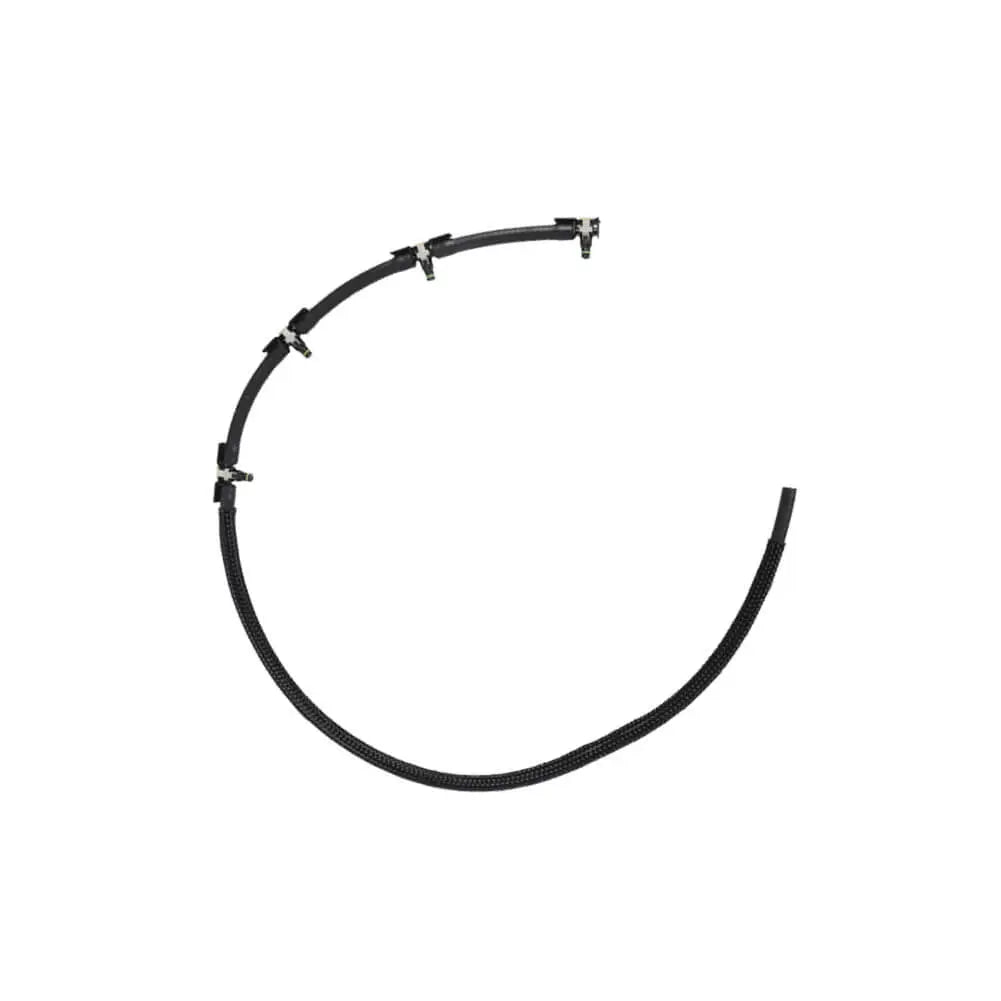
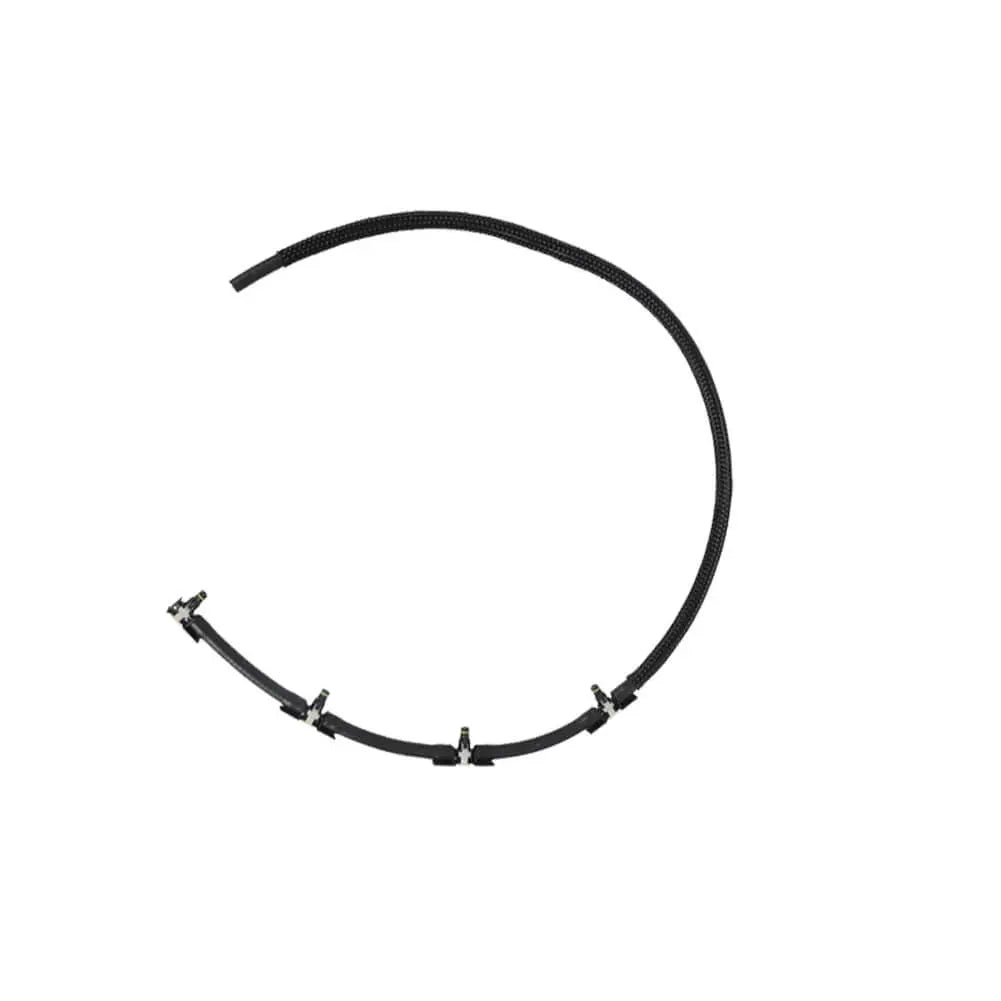
Injector Pipe Fuel Hose For BMW 1 2 3 4 5 X1 X2 X3 X4 (2009 - Onwards) 13538583458, 13538516196
Sale price£24.90
No reviews
In stock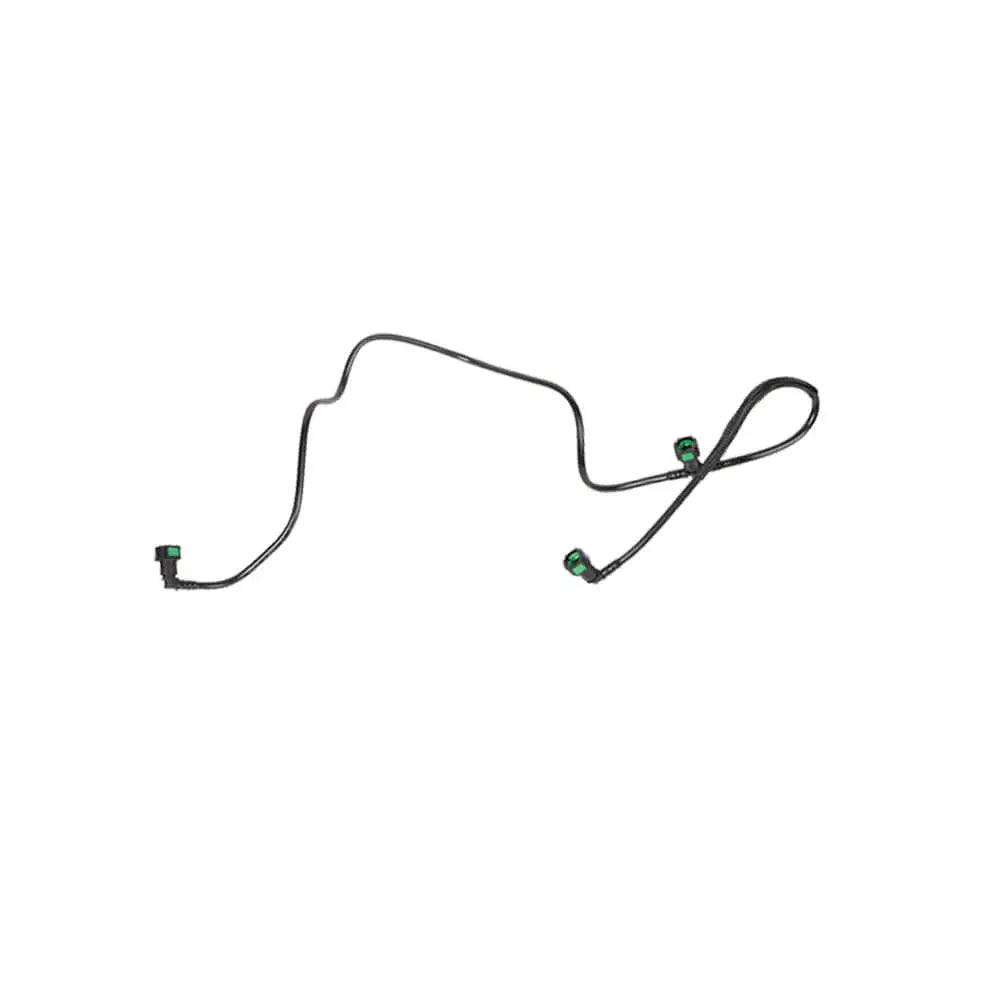
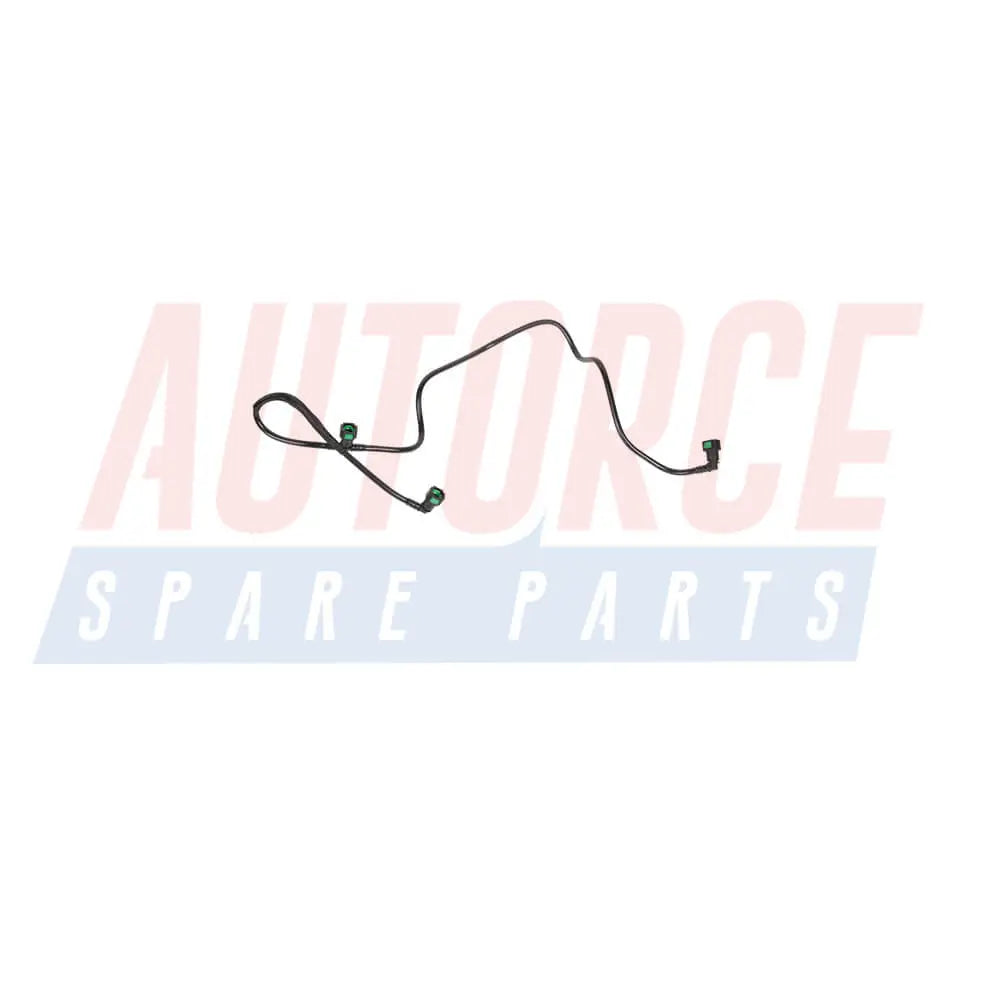
Fuel Hose Pipe For Ford Tourneo Connect 1.8 TDCi (2002 - 2013) 2T149B337CJ, 1477390, 1435468
Sale price£26.90
No reviews
Sold out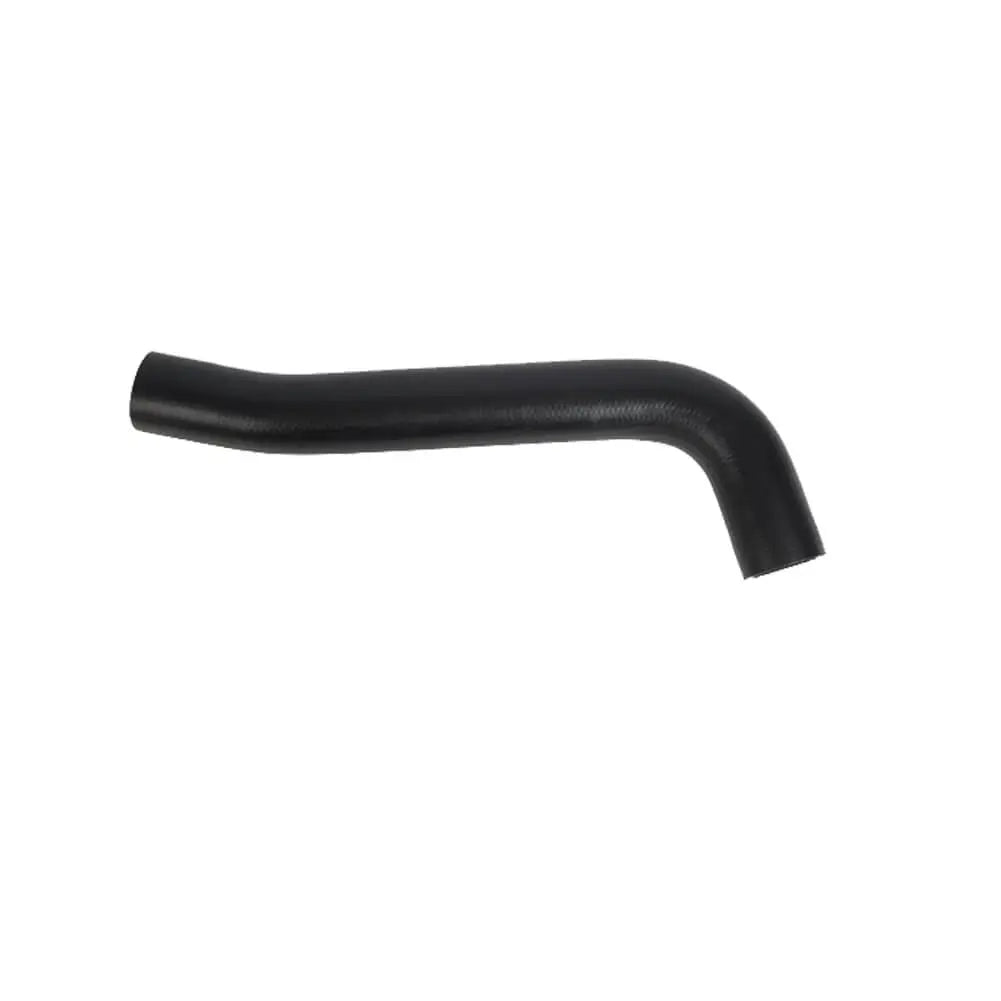
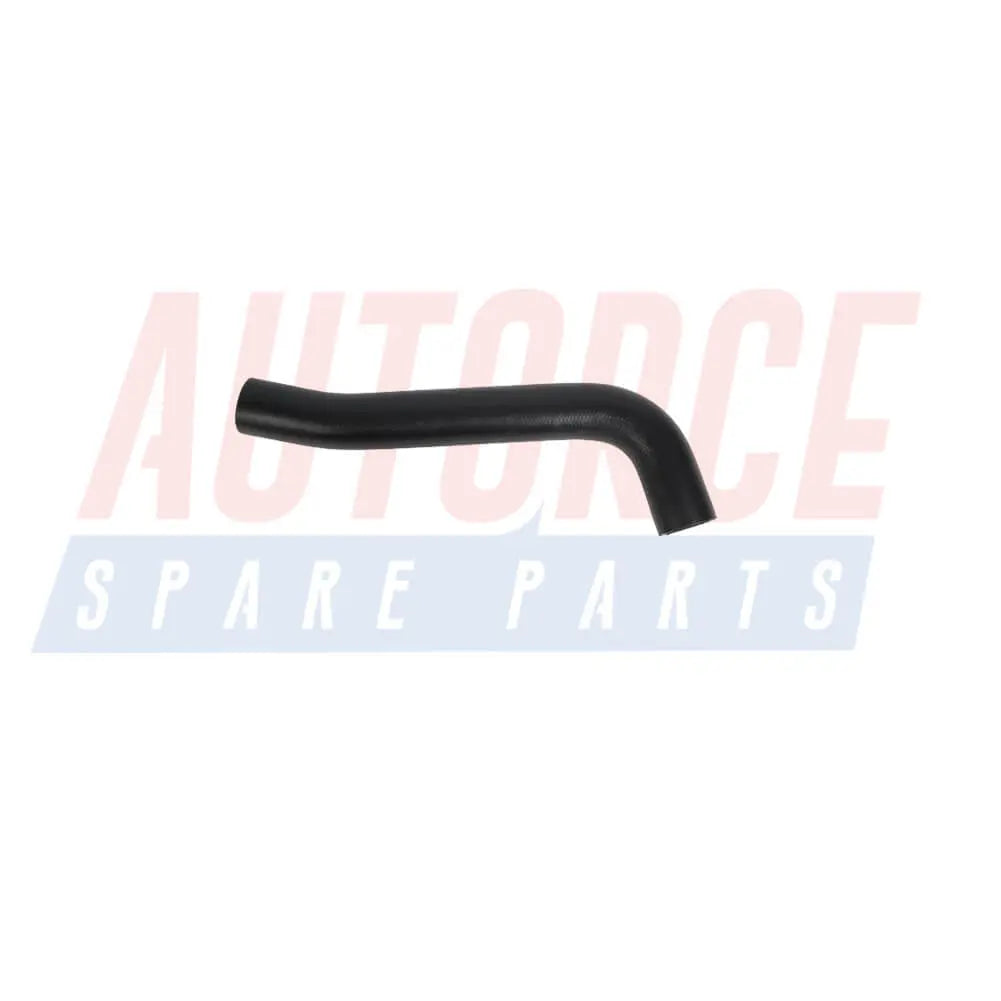
Fuel Tank Breather Hose Pipe For Vauxhall Corsa B Tigra I (1993 - 2000) GM 90467441, 806137
Sale price£14.90
No reviews
Sold out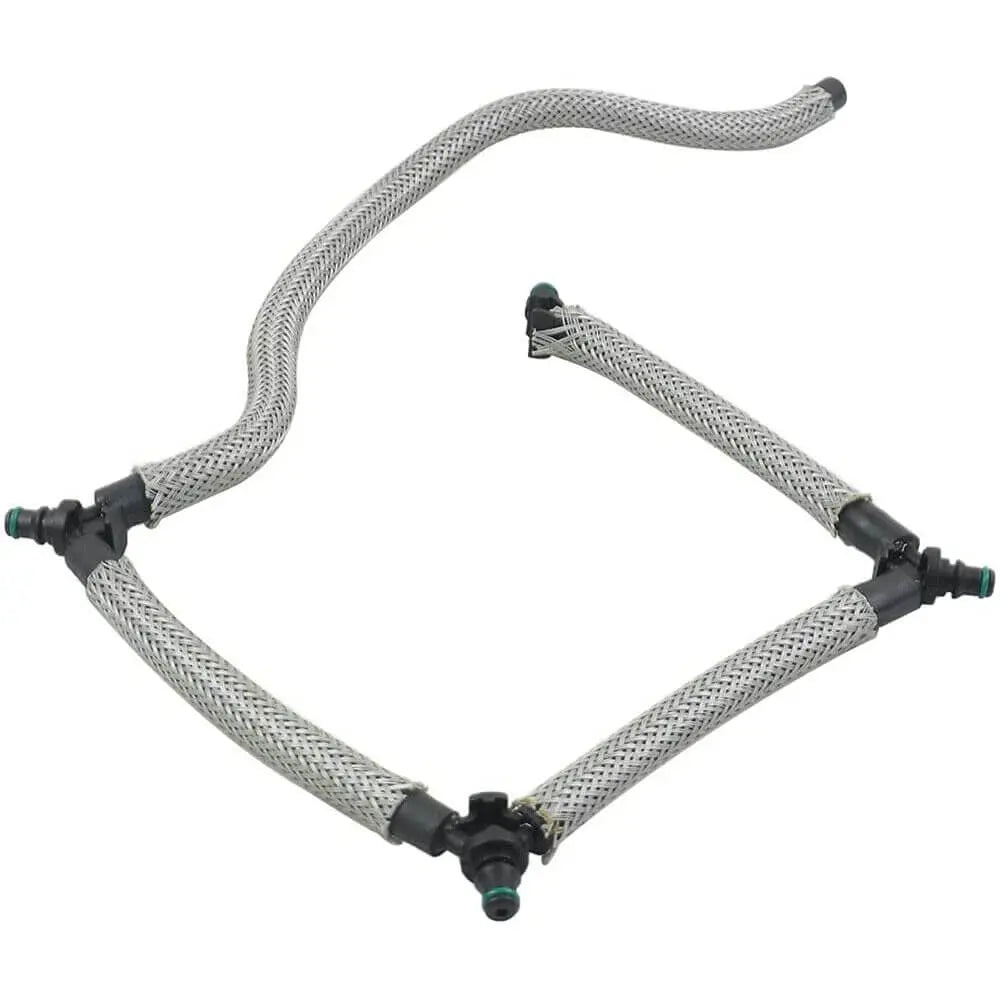
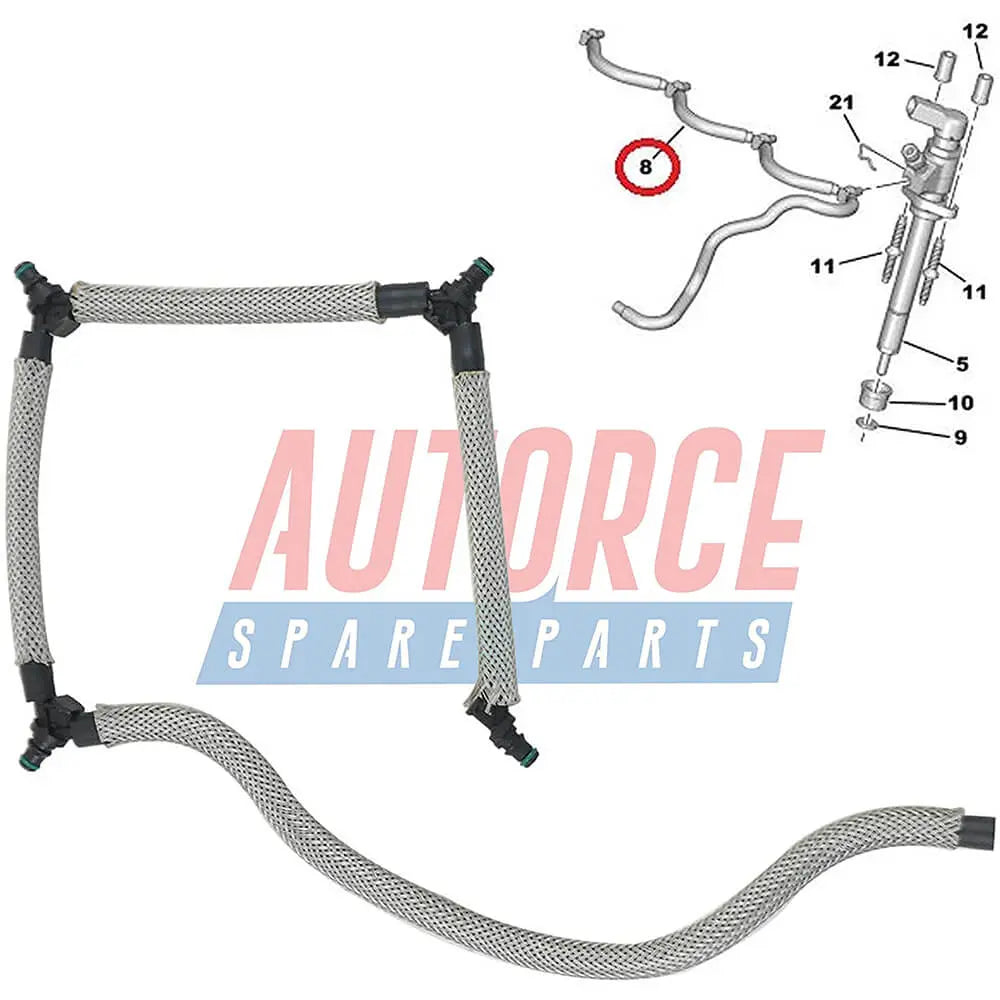
Injector Pipe Fuel Hose For Ford C-Max Focus C-Max Focus Galaxy Kuga Mondeo S-Max 2.0 TDCi (2003 - 2018) 3M5Q9K022AC, 1708234
Sale price£12.90
No reviews
Hurry! Stock running out!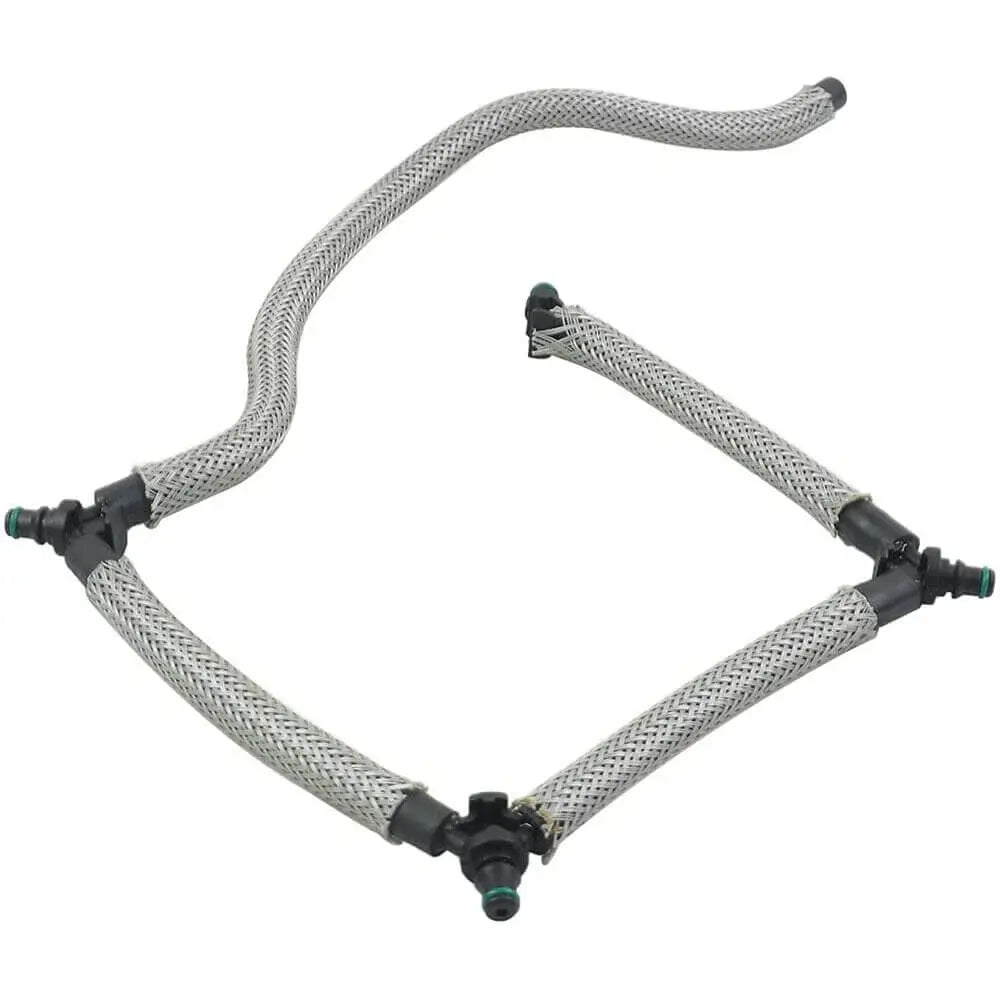
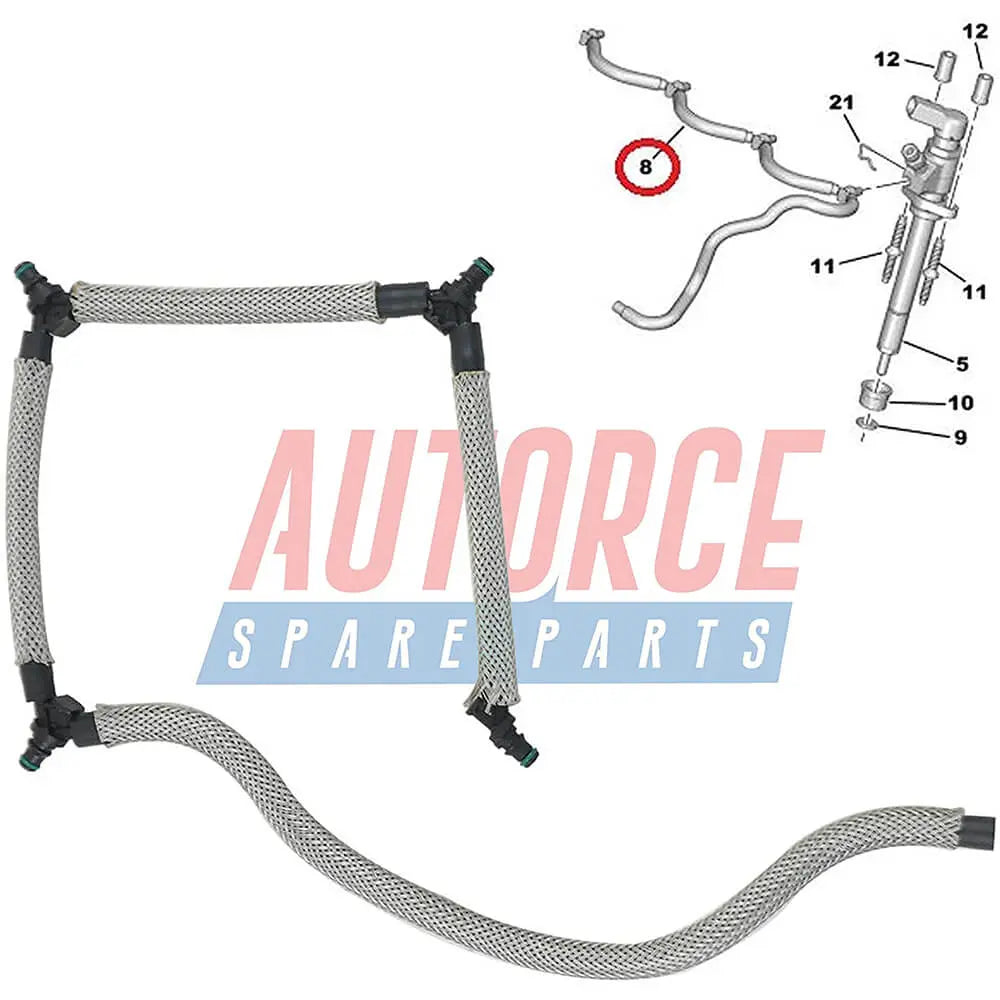
Injector Pipe Fuel Hose For Volvo C30 C70 S40 S80 V50 V70 2.0 D (2004 - 2015) 30725838, 1574.HL, 157468
Sale price£12.90
1 review
Hurry! Stock running out!
Filters (0)

